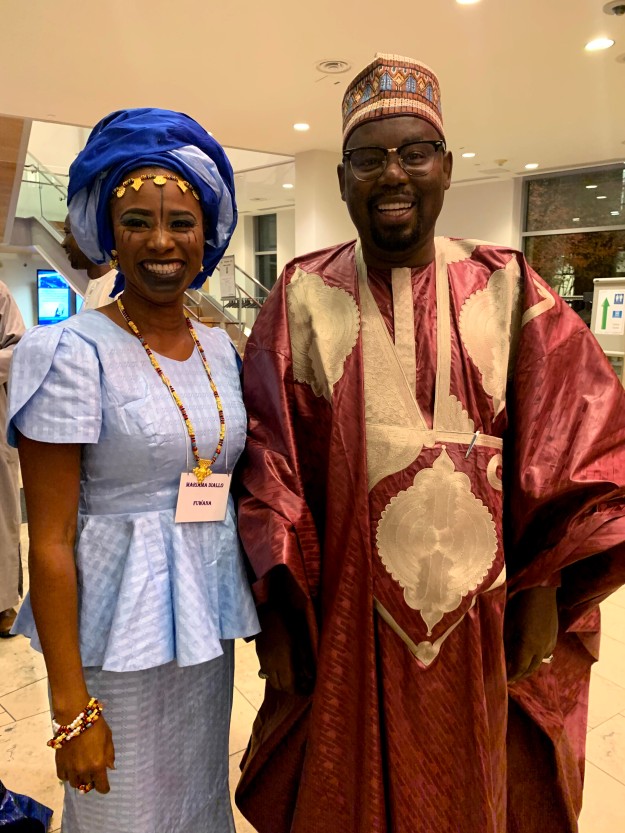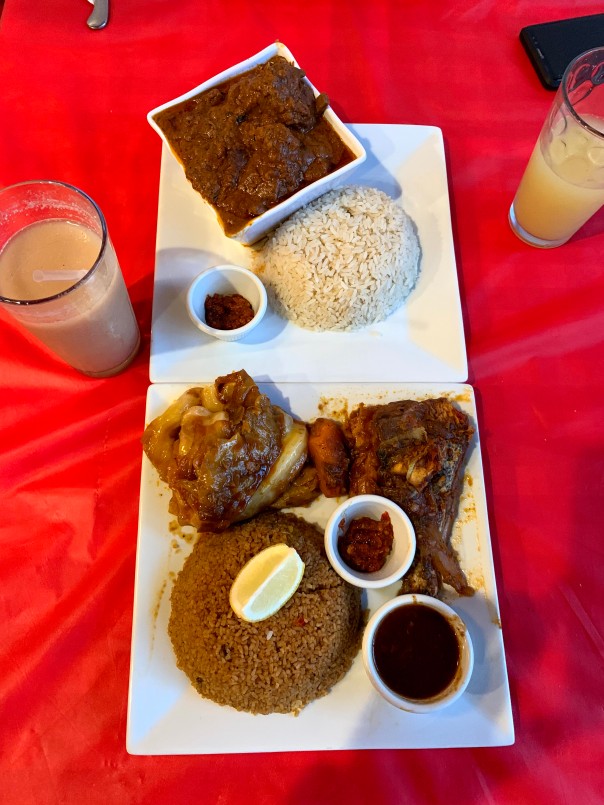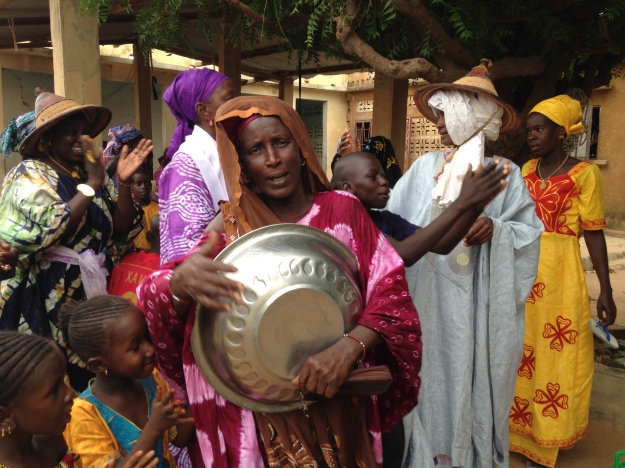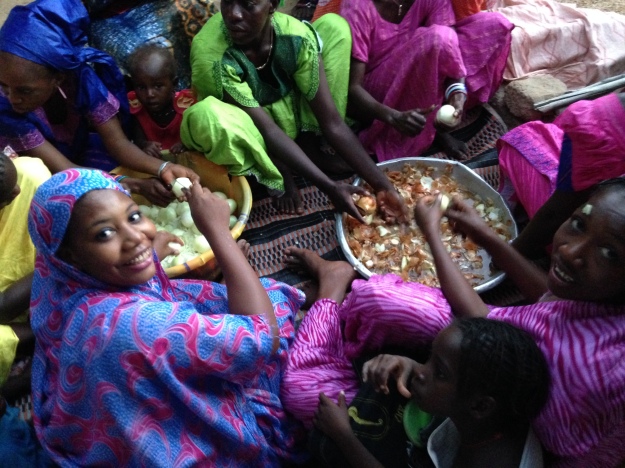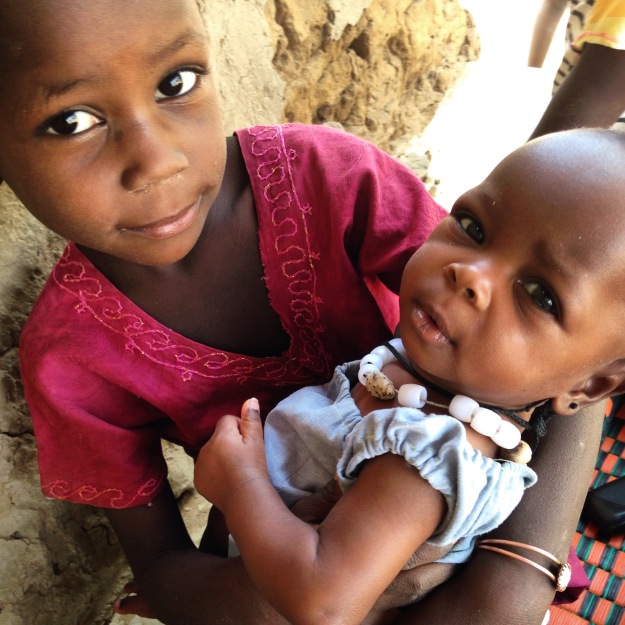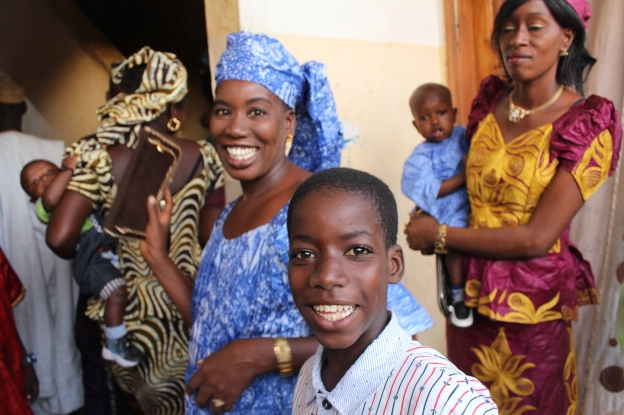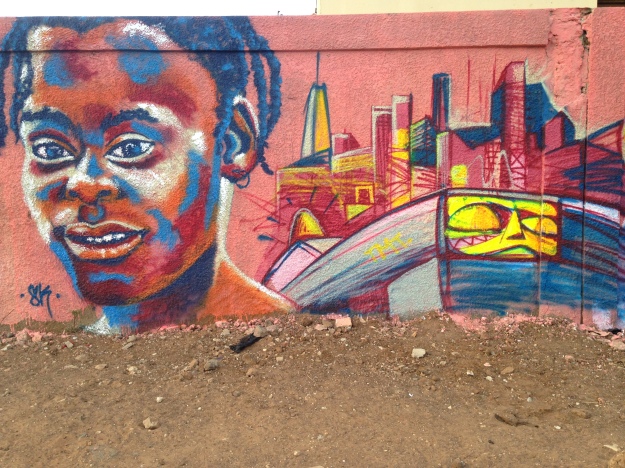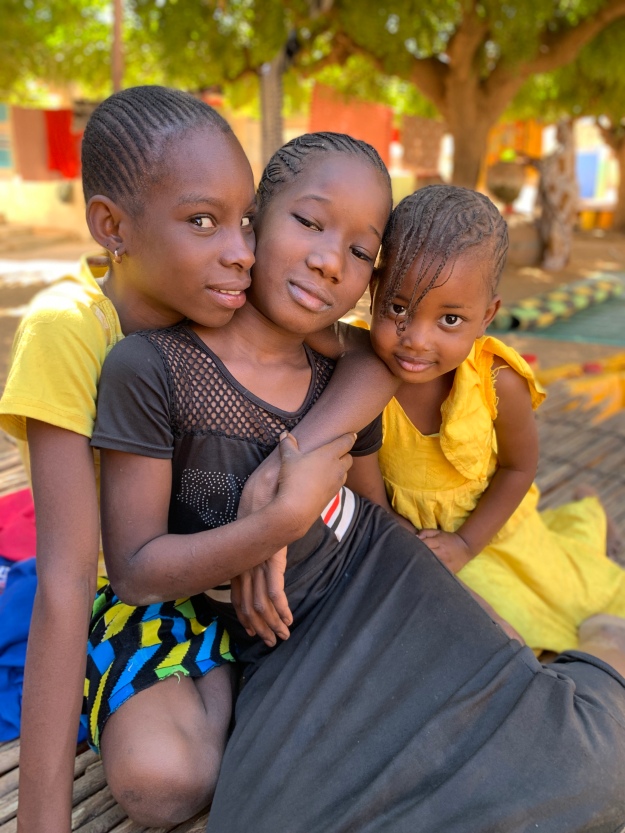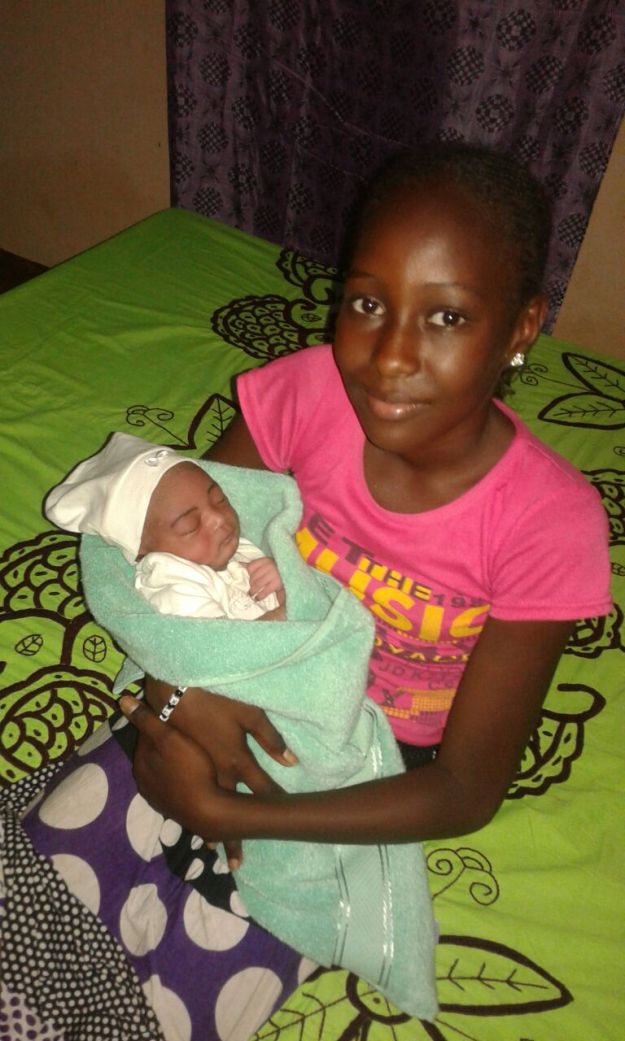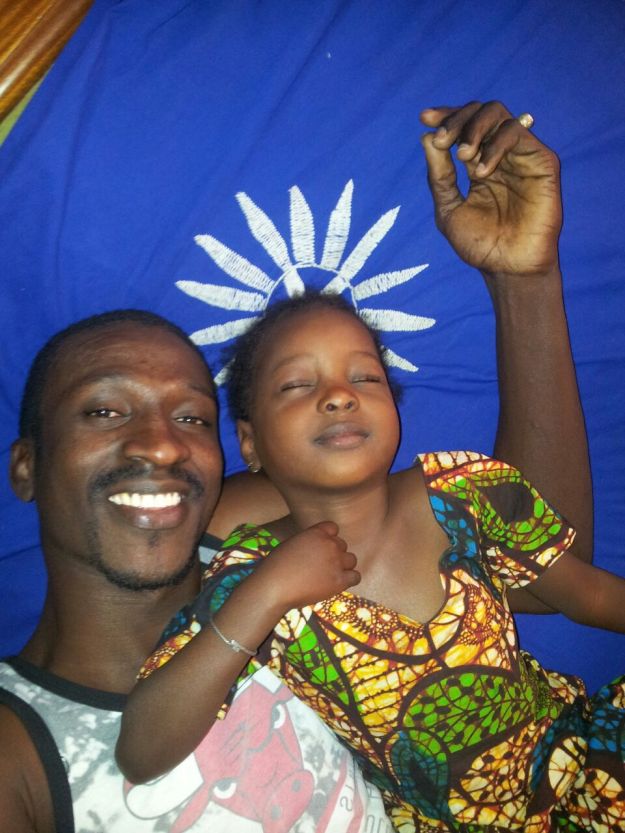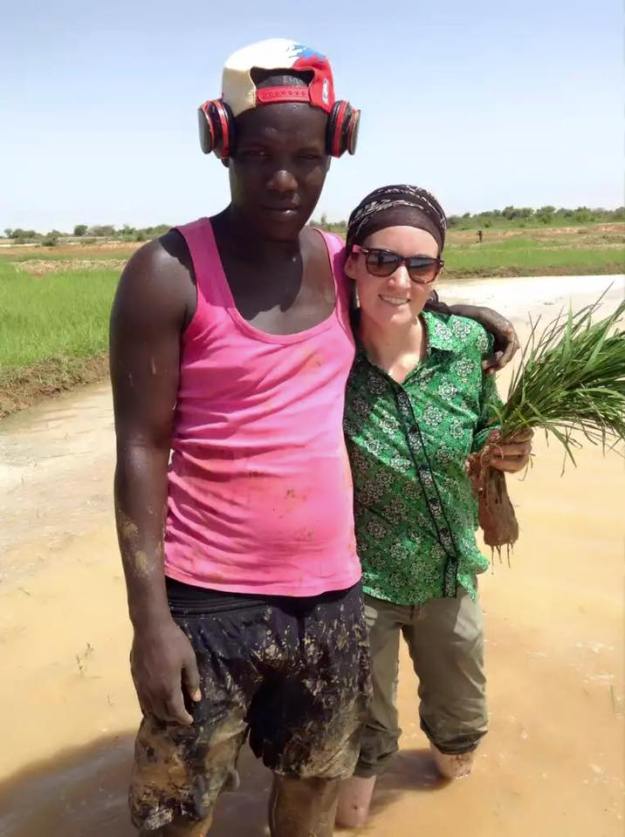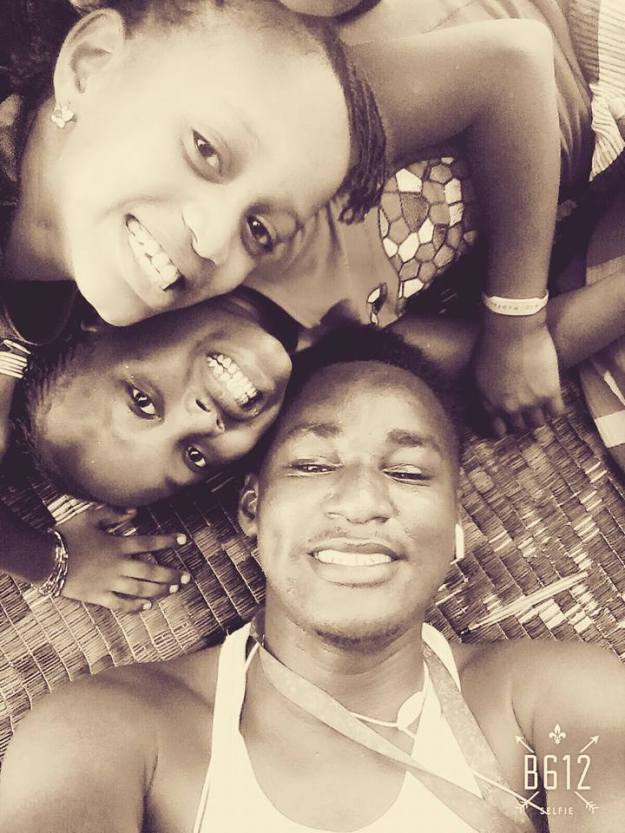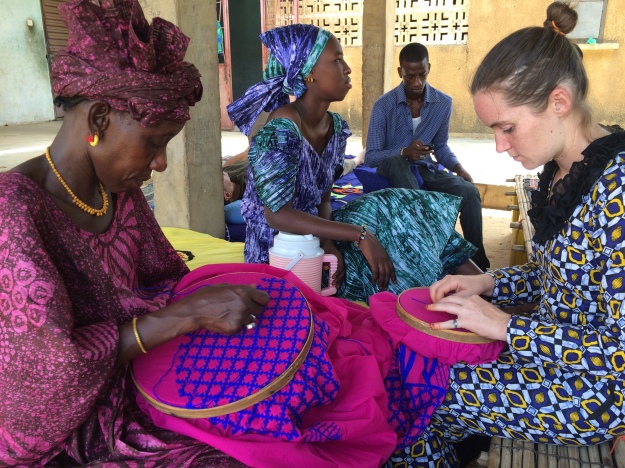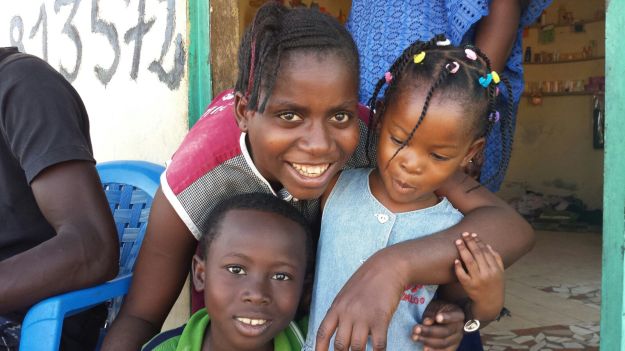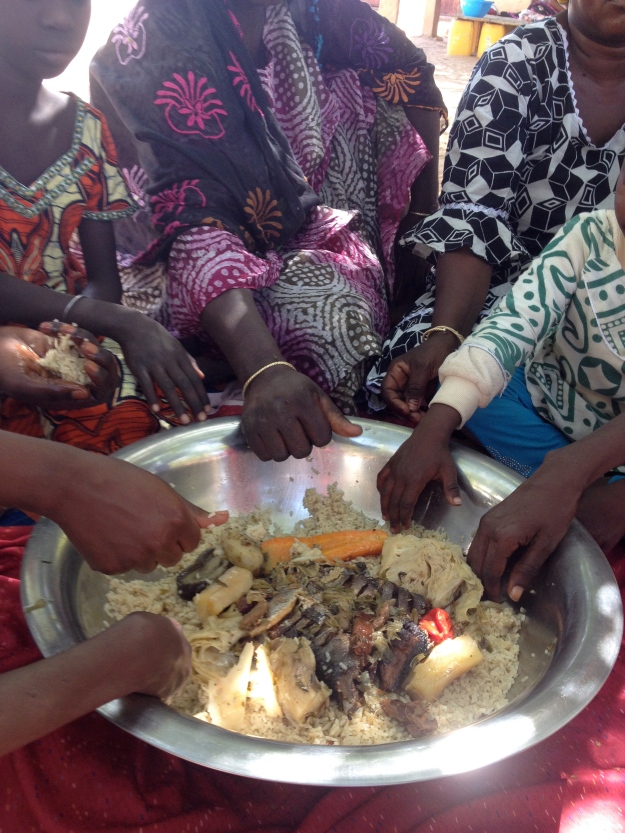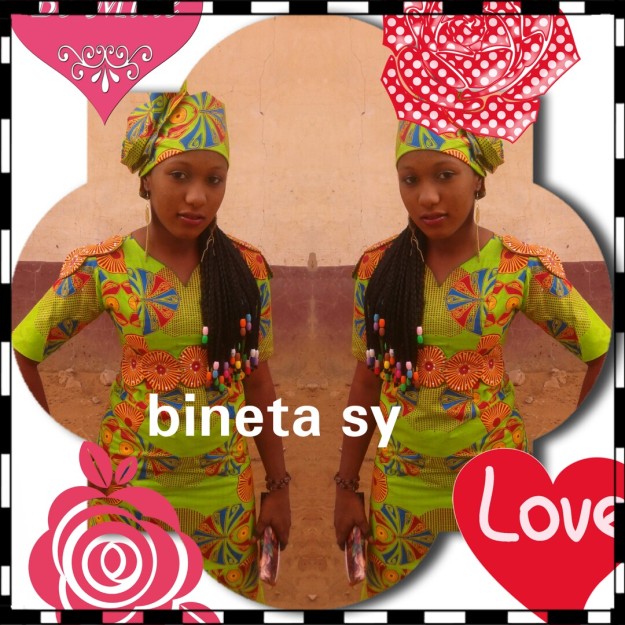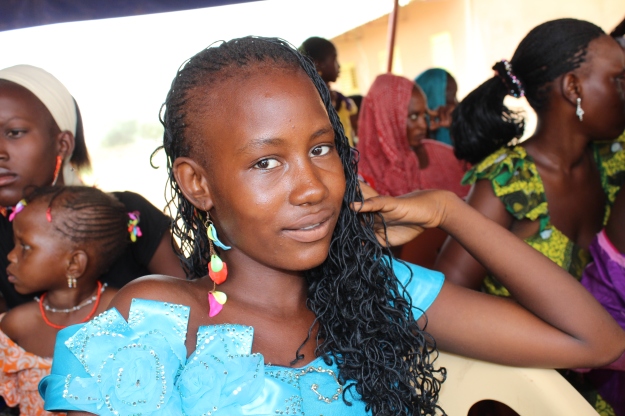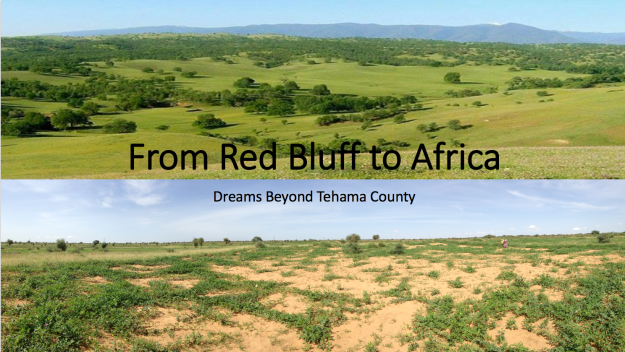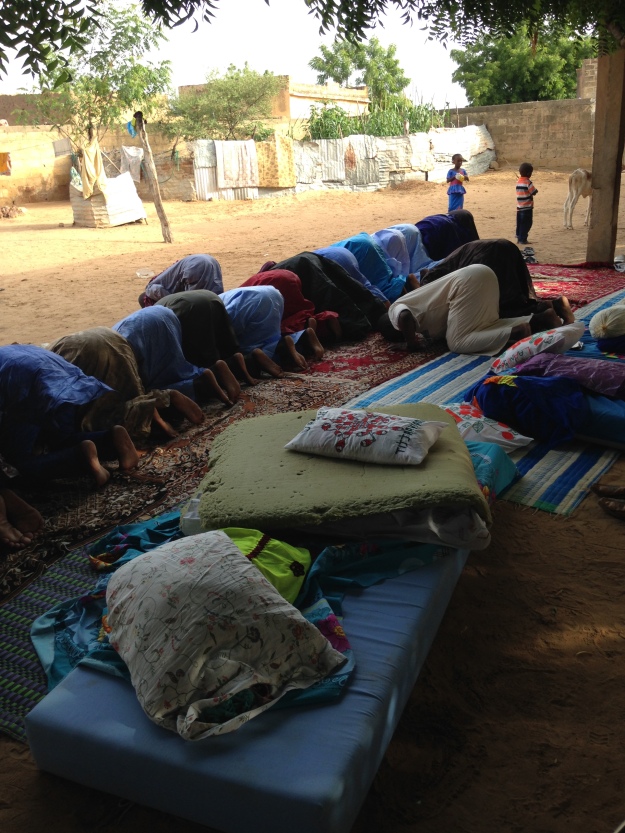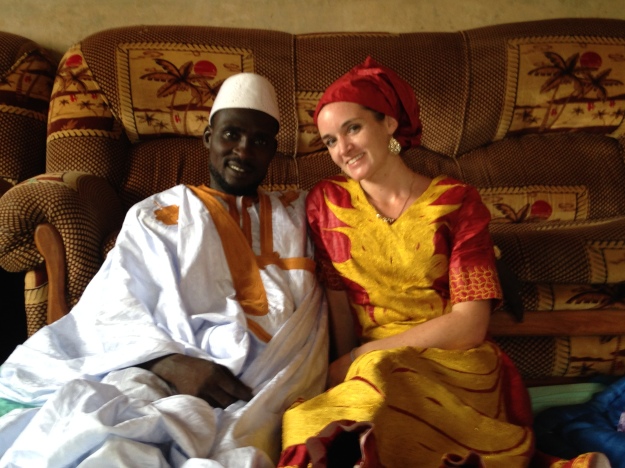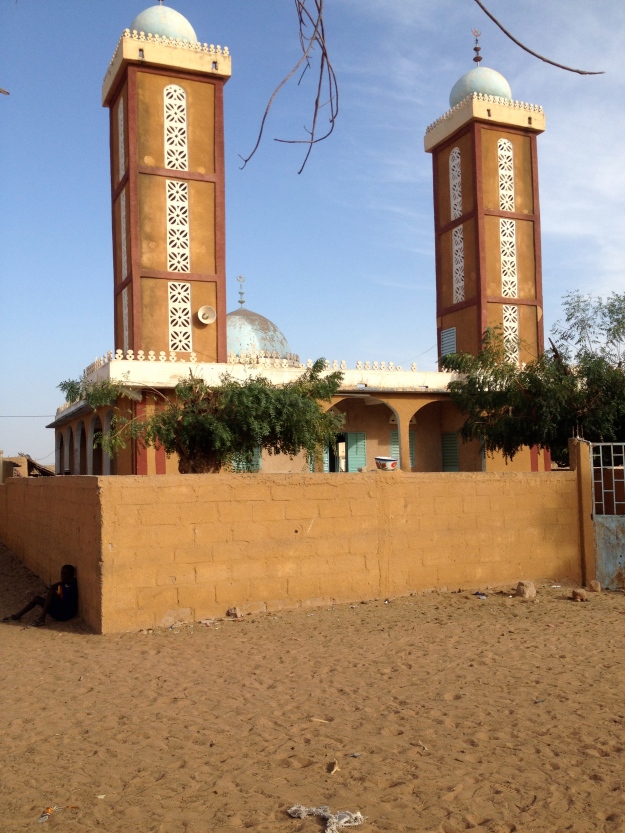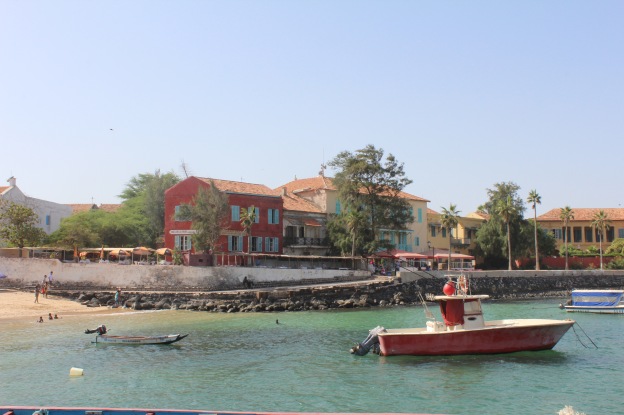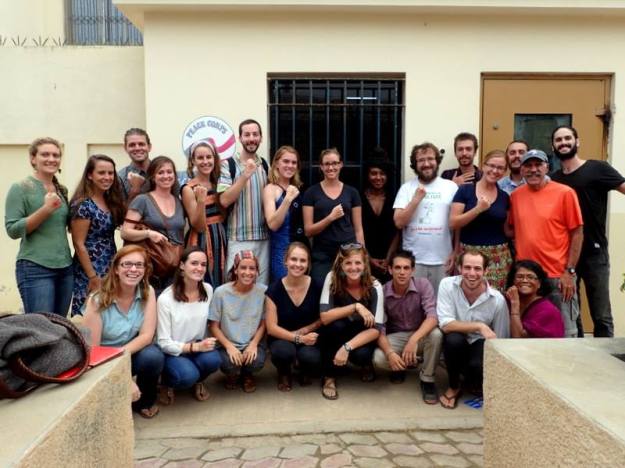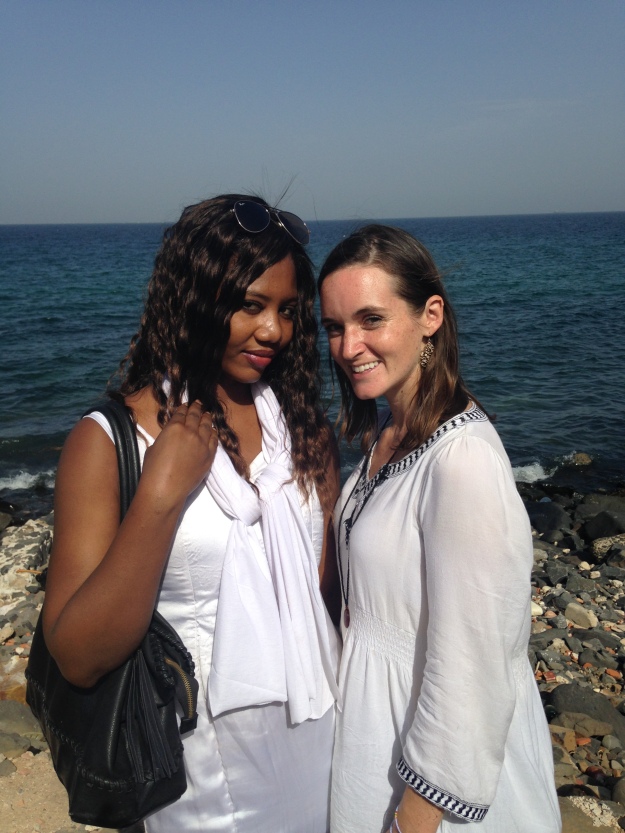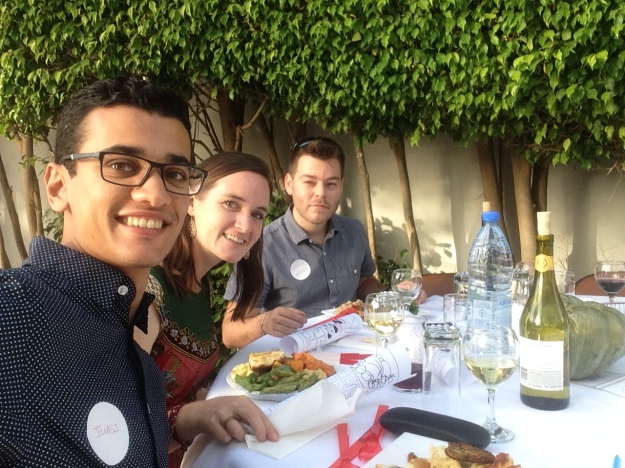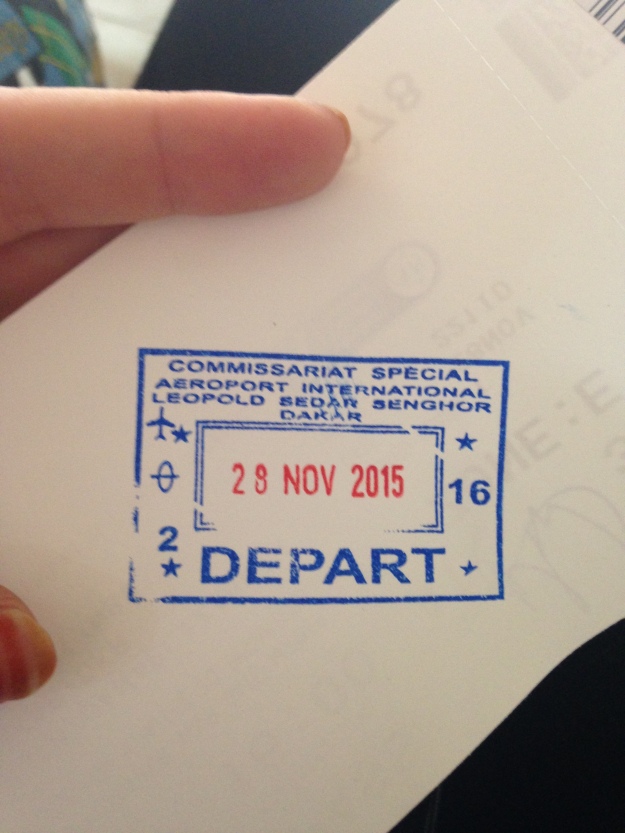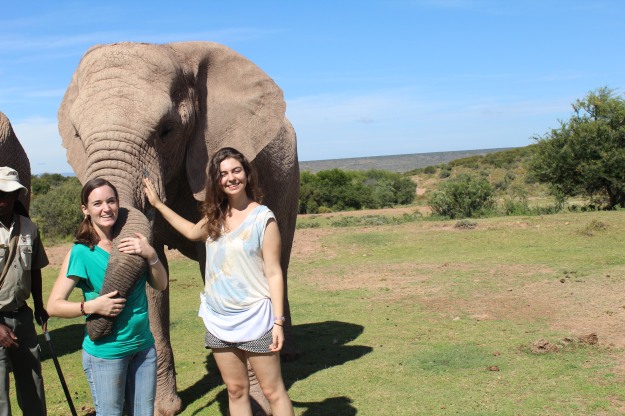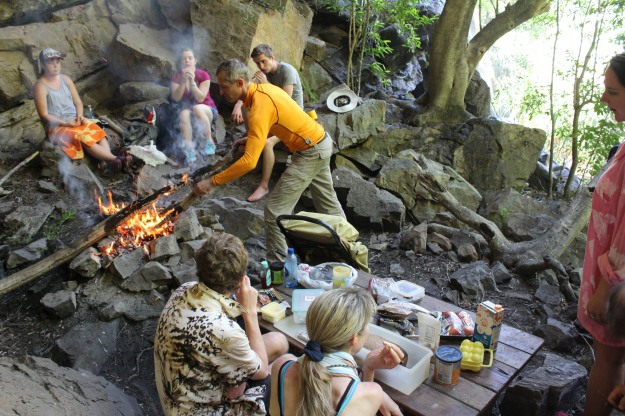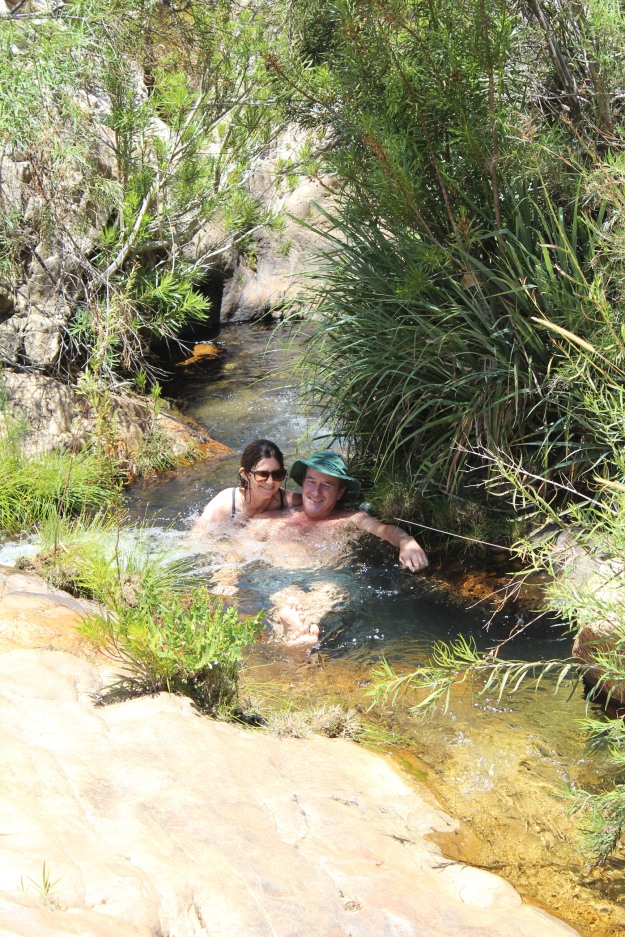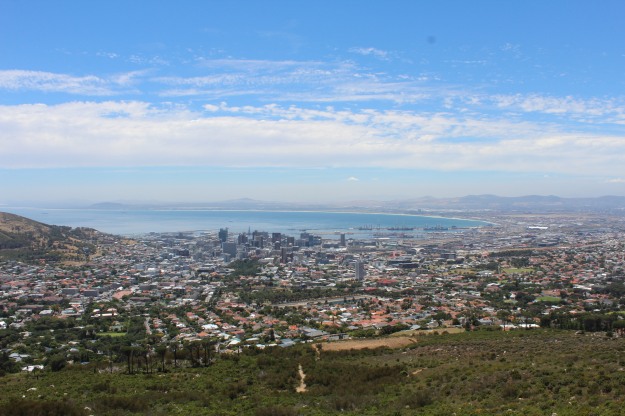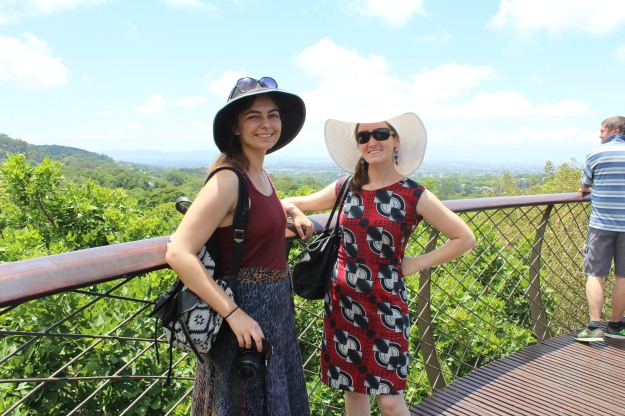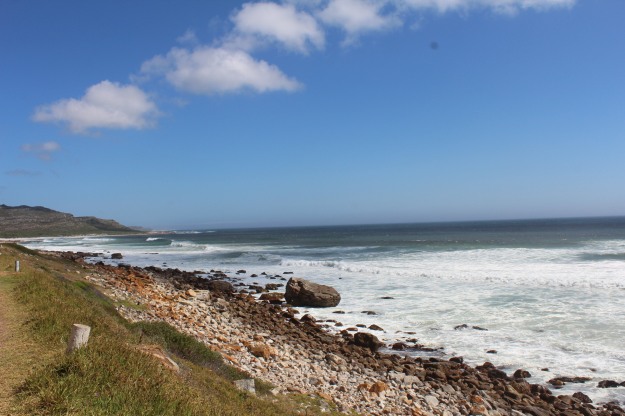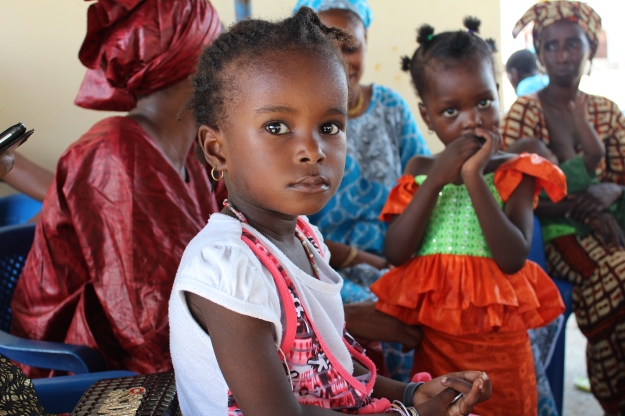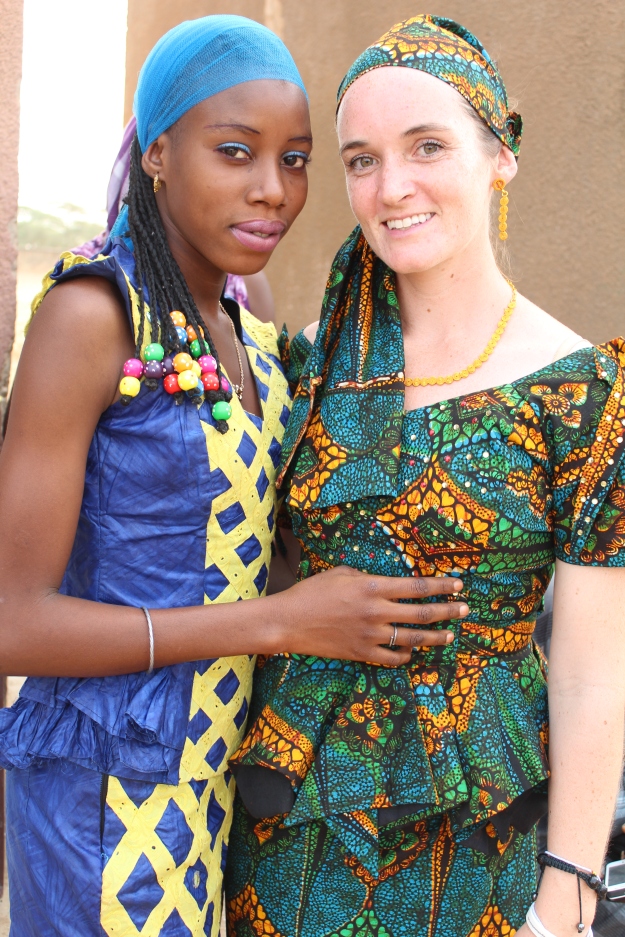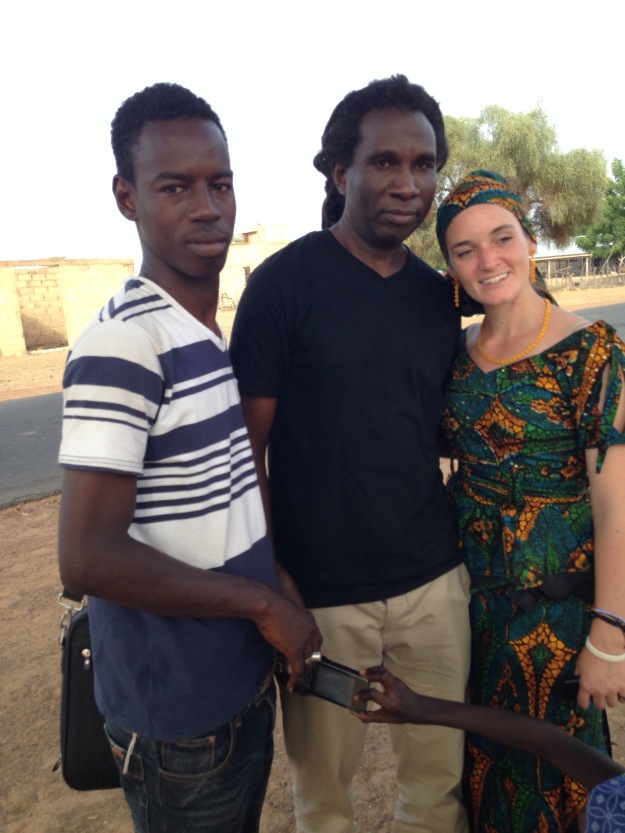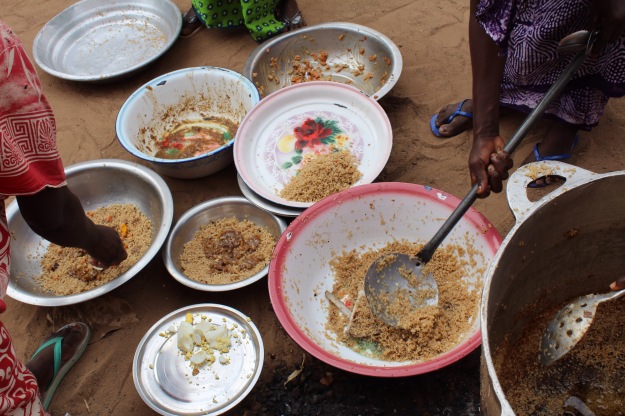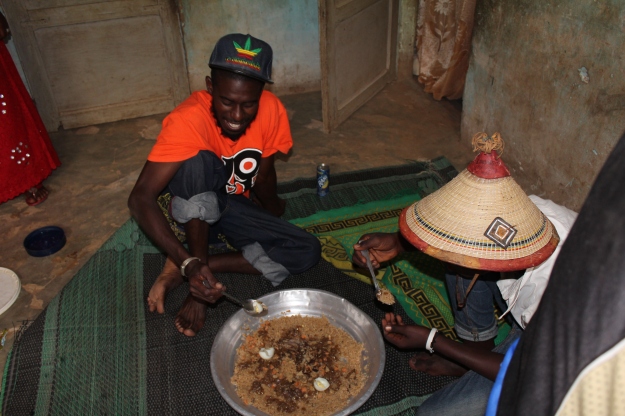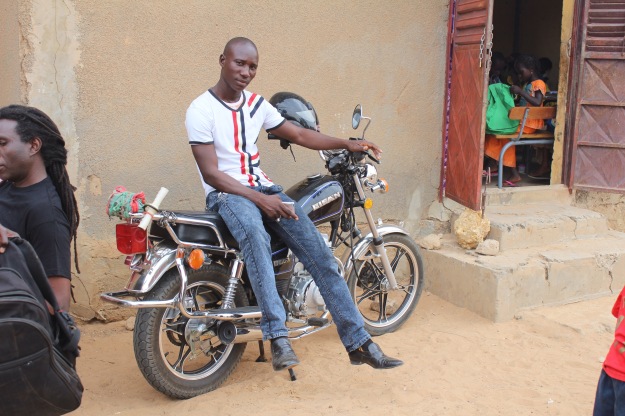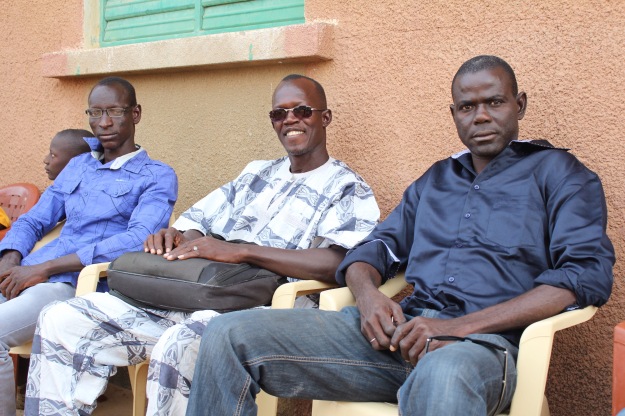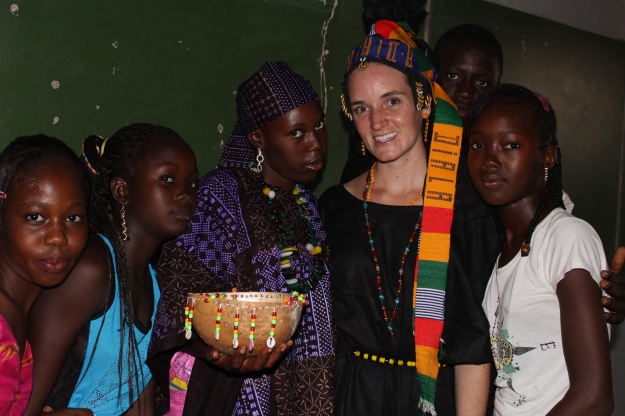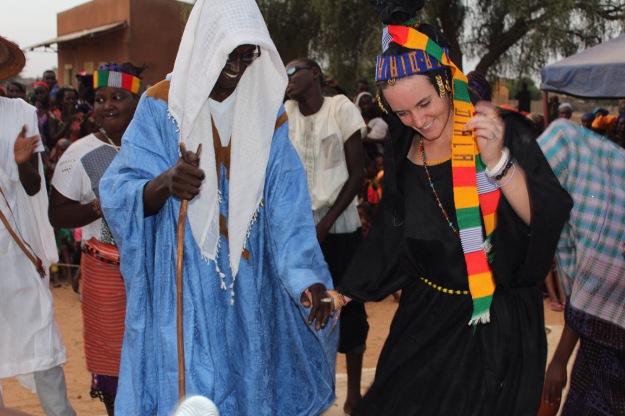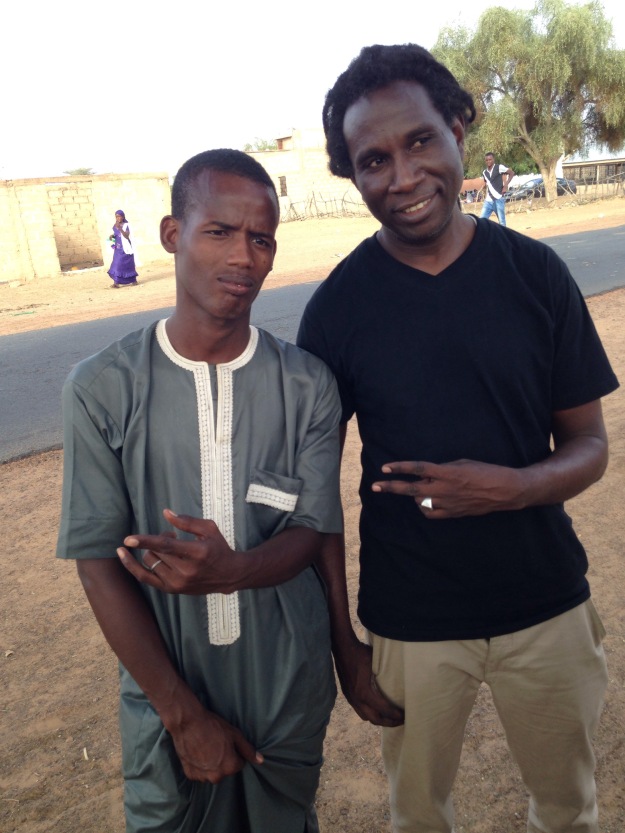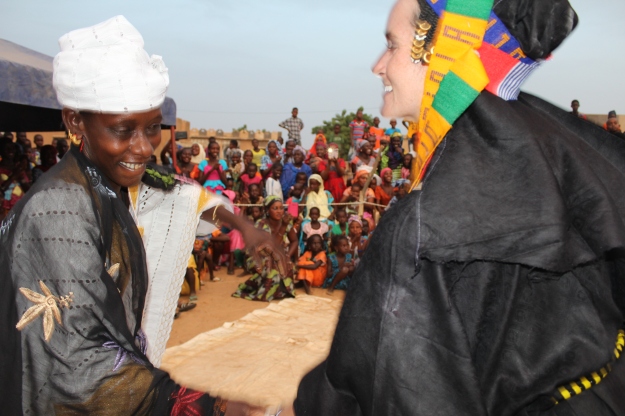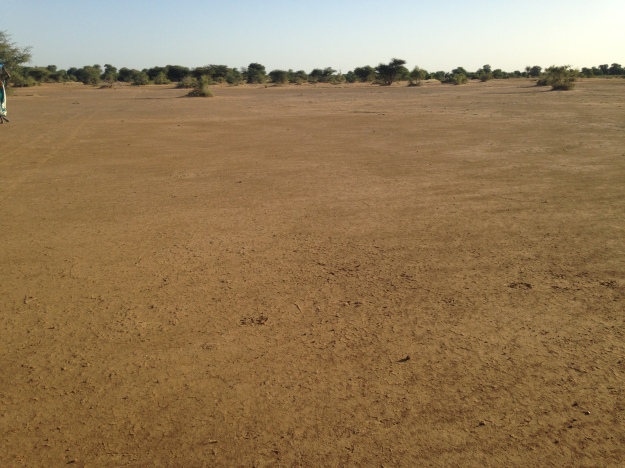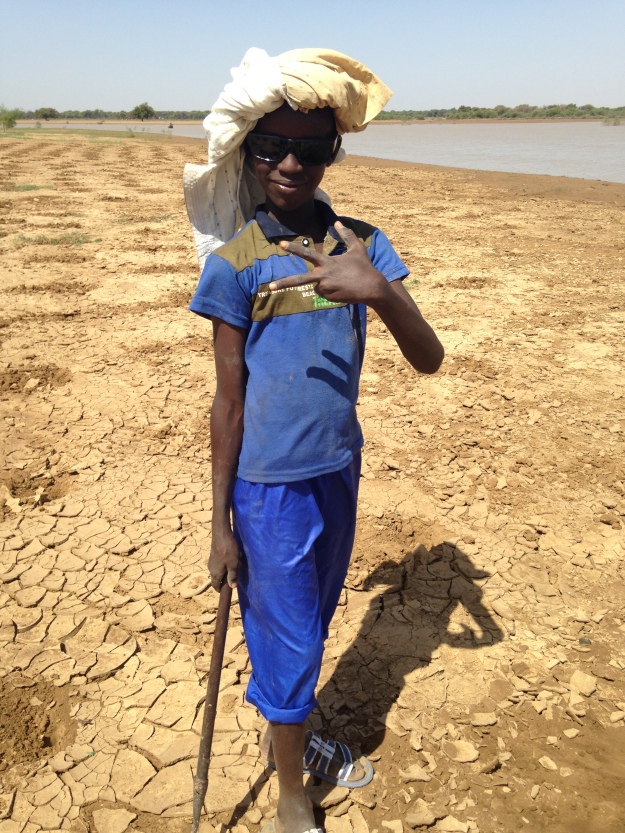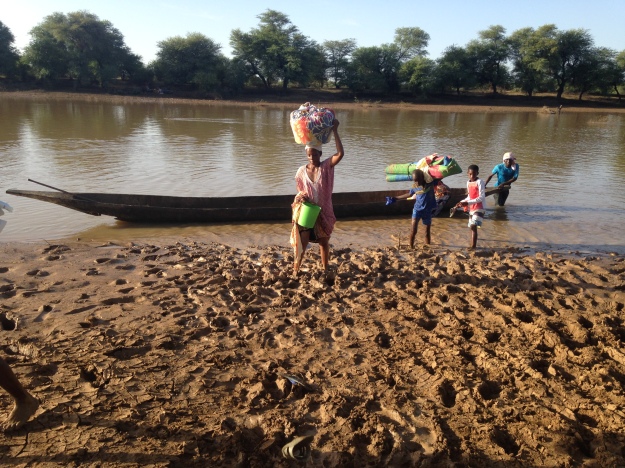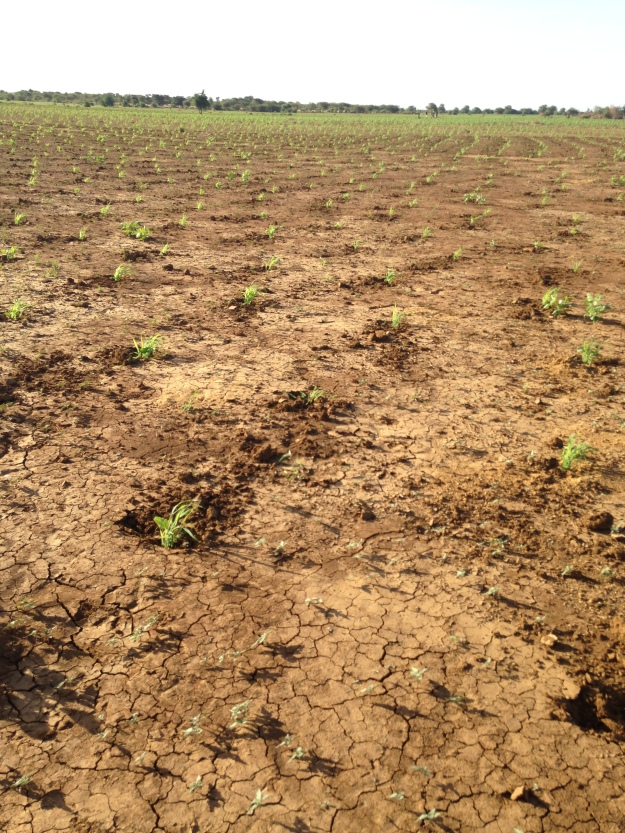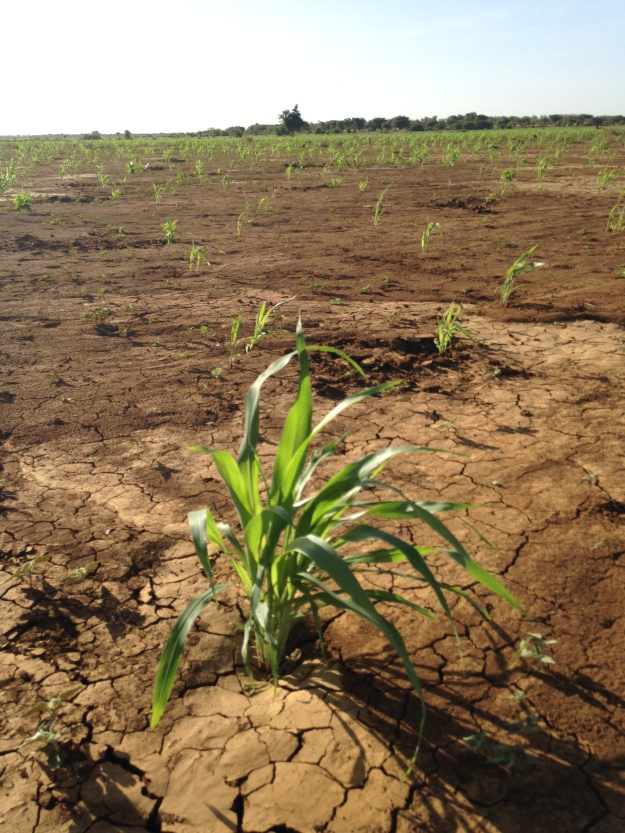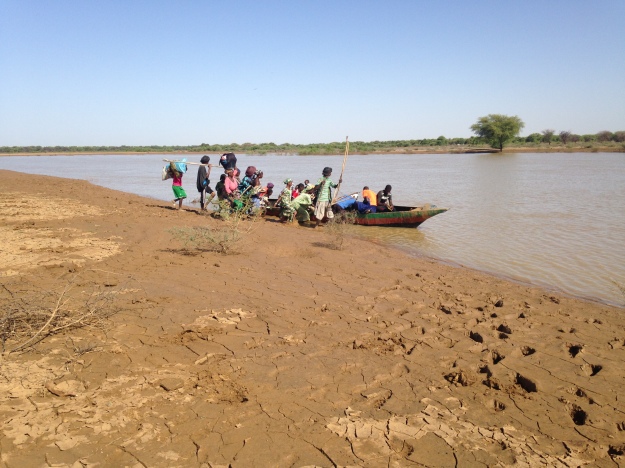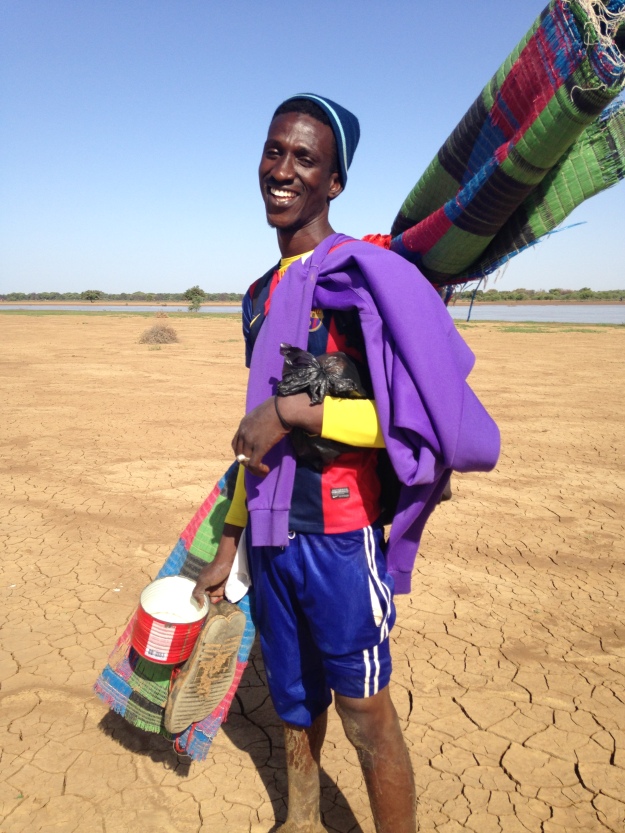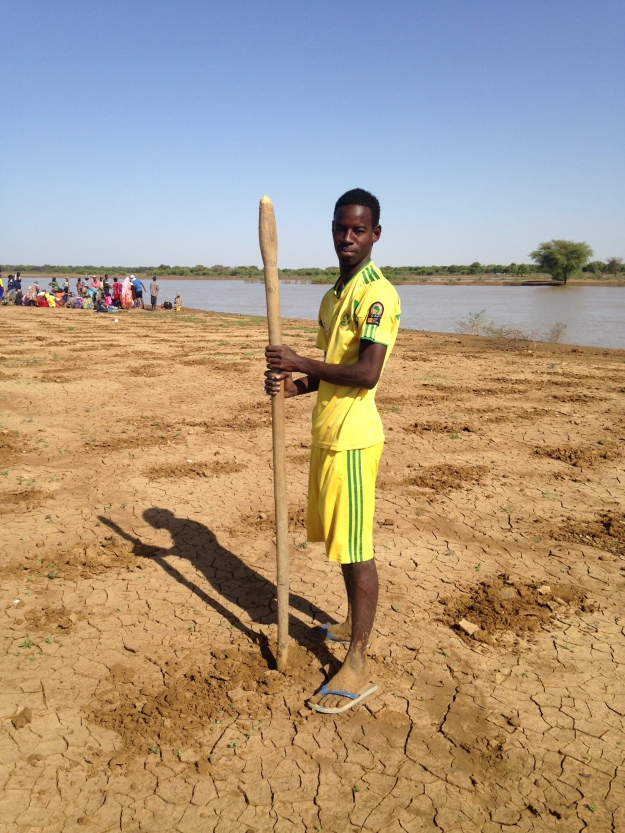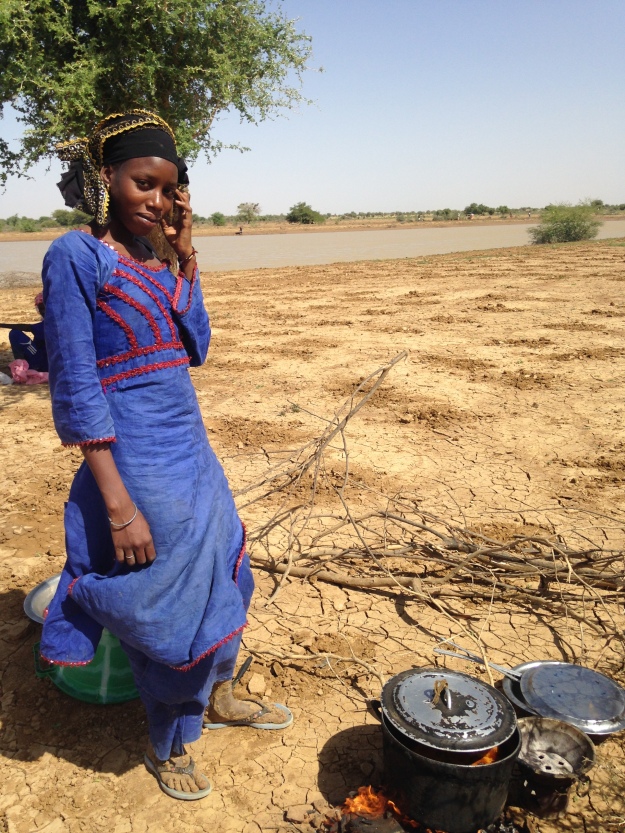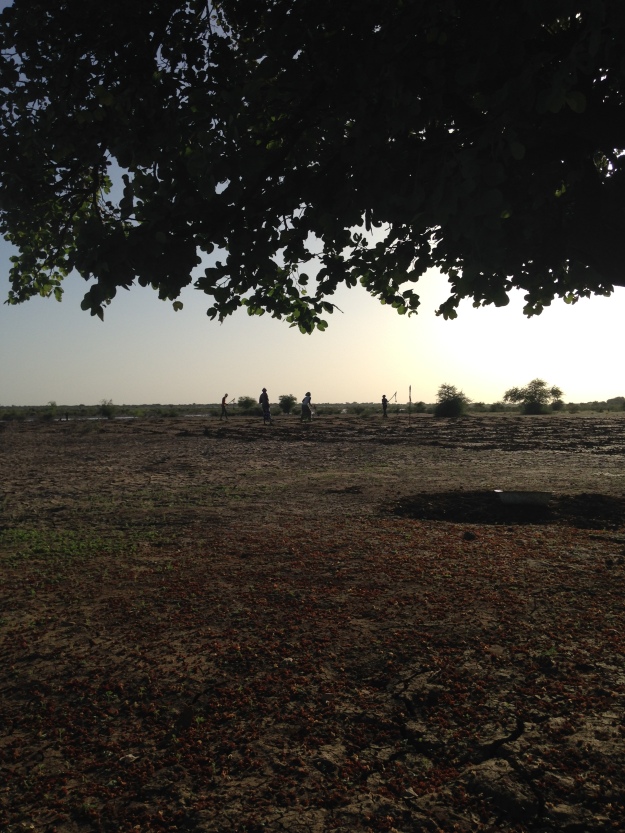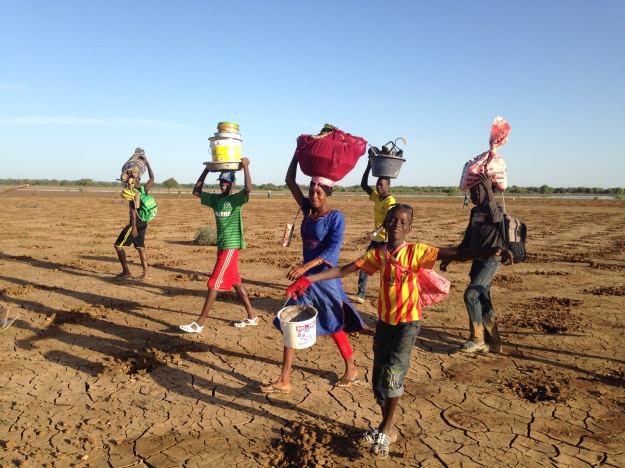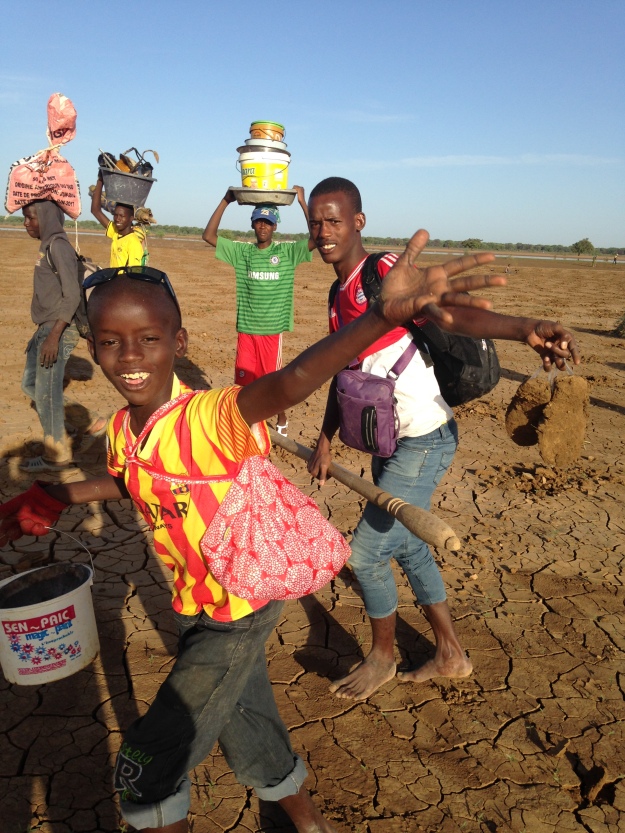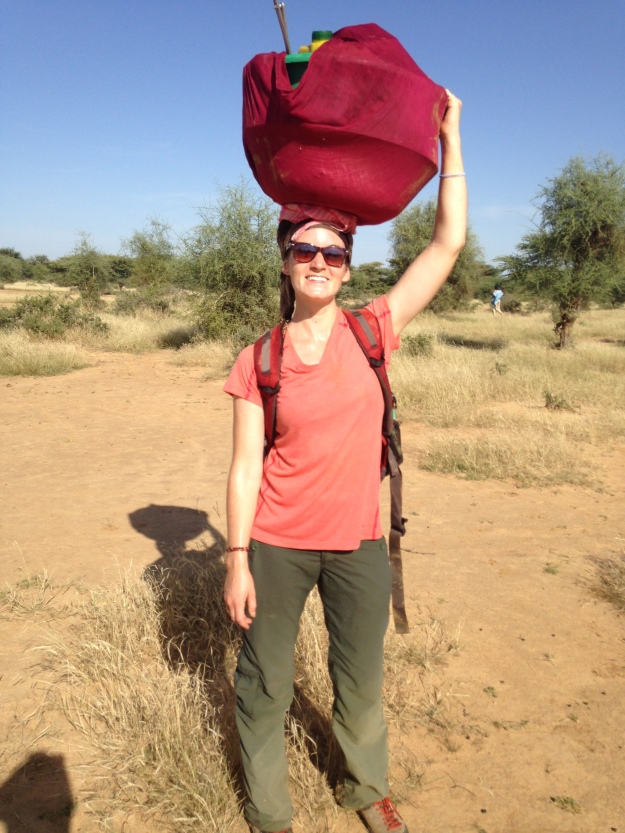Homecoming. Coming home.
Is this even going to work? Is it going to be worth it? What about the expectations? I’ve been away for so long, what if they don’t even remember me? I haven’t been good about calling people… there are people who I have never called since I left, even though I honestly intended to. I haven’t been sending money to my family or my namesake like they expected me to… What are they going to say? All I can picture are the complaints. The questions: “Why haven’t you called me? Why didn’t you send money when my baby was born? Didn’t you hear about my father passing? You should have come to pay your respects.” The dreaded questions. Of course the taunting would all be in good fun, but I can never help but feel that the underlying sentiment… is honesty.
Every month and year that goes by; me in America with my microwaves, air conditioning and sparkling water, them in Senegal… my guilt grows. I know I am not alone with this feeling. Anyone who is from Senegal or has ever lived in West Africa has probably felt similarly. What did I do to deserve being born in such a society where I have my own car and a load of laundry doesn’t take an entire day of my life? Senegalese men living abroad face an even more daunting dilemma: any money that they make, twice that amount is expected by their wives, friends, parents, etc. back home. The amount that we make here and in Western countries compared to the amount they could hope to make there in the villages is catastrophic. What is not understood, however, are the costs of living in the Western world. But maybe that’s ok. Maybe it’s better not to know. Better to live with an illusion of hope. Of perfection. Just maybe not at the expense of your loved ones abroad, who want nothing more but the best for you.
These are the fears. The guilt seeping through your being, keeping you from sleeping. As time goes on, pushing it further and further down helps with the fatigue. Slowly it gets easier. Until one day you decide to go back.
The Preparation
What preparation? All you need is a ticket, right? At least that’s the first step. My trip had already been postponed (mentally, of course) due to my new job and moving to DC. Now I had been in DC for a while and the feeling of urgency returned… I have to go back. I have to go visit. I have to visit Senegal before I take any other trip anywhere else. I have to prove to my family, my community, that I will return. If I go anywhere else… a vacation, a work trip… before making the trip back to Senegal, the guilt would no doubt eat me alive. With social media, I would subconsciously be kept accountable. They would know. (Would they?) Surely they would know. How could I rationalize that? I have to go back.
First step.
Flight tracker.
Find flight.
Sitting in airport on my way home from somewhere, maybe California.
Buy flight.
Buy house.
………………………….wait………………………….
That wasn’t part of the timeline.
Shoot! That was a ridiculously big investment I wasn’t planning on at this moment in time. But too late, it’s done… the Senegal trip looms in the distance. I push it out of my mind (quite an easy task, as the house has consumed my entire mental capacity at this moment in time).
Then the day arrives and I worry I haven’t done enough. I haven’t bought enough. What I have won’t be the right things. I run to WalMart, the Dollar Tree, Ross… frantically gathering things that would be useful or desired. Why is this so difficult? I know why. Because no matter how much I bring, it will never be enough. It will not be the right thing for the right person. These are my fears, causing me to spend much too long deciding between scents of lotions and quality of wallets. Will these things make up for the fact that I haven’t called? No. No, they won’t.
Bags packed, I fly to Senegal. I can’t say the feeling I felt was excitement. More so it was anticipation. Nervousness. Fear.
South African flight. Every white person on this flight is South African or headed to South Africa, I quickly realize. The guys are all of similar age and unkemptness. I learn that they are seasonal workers who have been in the Midwest farming all summer and are now headed back to South Africa for their summer to return to work their family’s farms. One saunters up the aisle and greets me in Afrikaans, shaking my hand heartily. After realizing that I don’t understand, he asks if he can ask me a question. “What are the people called who walk up and down the aisle?” Flight Attendants, I respond. His friendly smile is infectious. He and the guy next to me, both around 21 years old, proceed to get extremely drunk, the attendants slipping them unlimited mini whiskey bottles. I ask him how he liked Kansas. His reply? “Kansas was so flat you could watch your wife run away for three weeks.”
6am – Touchdown at Blaise Diagne International Airport. Welcome from the captain: “The weather in Dakar today is ‘fine.’”
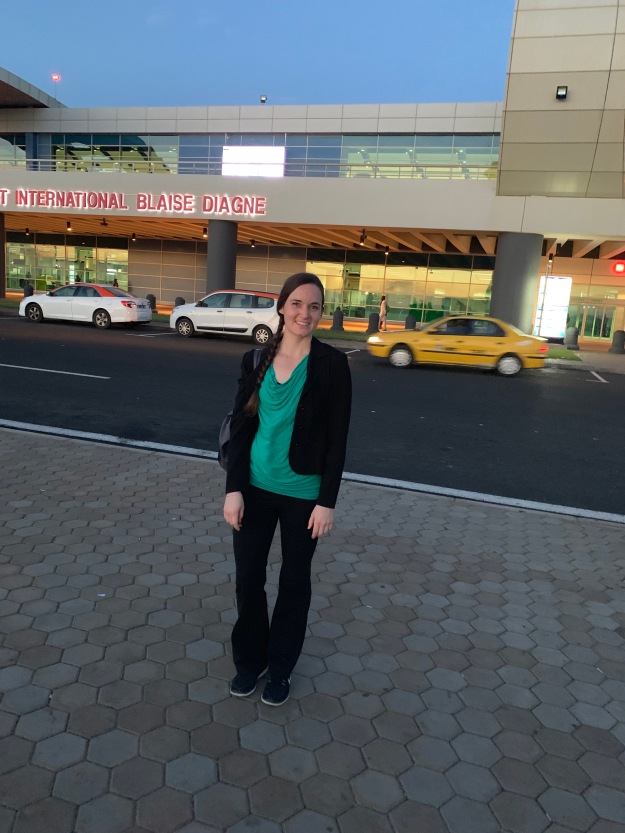
Is this real?
Today is the holiday: Mauloud – the Prophet Mohammed’s birthday. I have to somehow get to my village in time for this event. The transit from airport to village could take anywhere between 10 and 24 hours, depending on road conditions, vehicle incidents, vehicle issues, police along the way. Luckily, no one knows I’m coming. NO ONE. So if I don’t make it in time, no one will be disappointed but me.
Then, the unexpected happens… EVERYTHING GOES RIGHT.
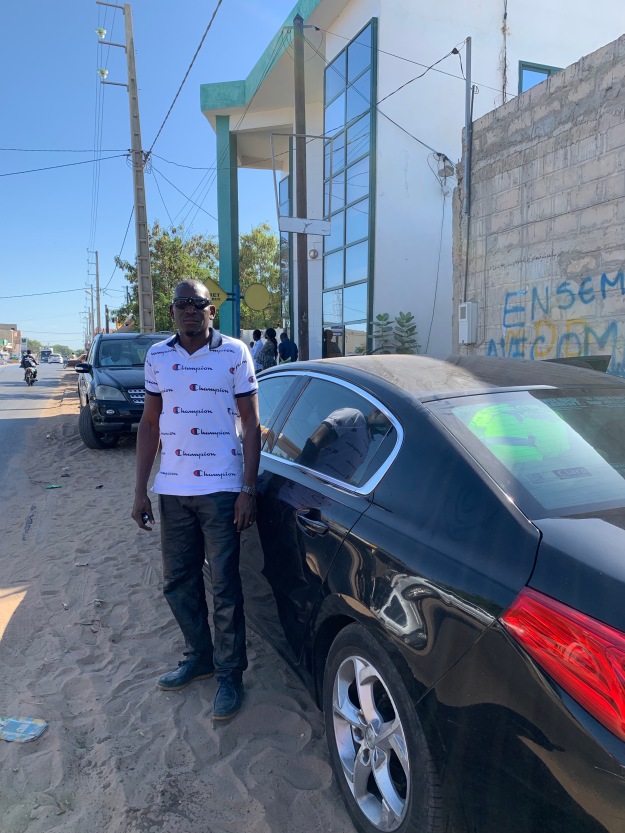
Bassirou. Classy man. He’s single, ladies!
At the airport waiting for me is Dika, one of my closest friends in Senegal, and my other friend Bassirou, who has rented the vehicle and will be the driver for my adventure. We load my three suitcases into the trunk with the unsolicited help of an airport attendant who followed us to our vehicle and we are on our way as the sun begins to rise. The haze in the distance and the smell of the ocean wafting through the window hits me with nostalgia. In my daze, I can do nothing but laugh. Am I really here? Did I really do this? We drive through the city, traffic slowing our progress. Today being the holiday, many others are also eager to get to their place of celebration. I am not the only one eager to be with my family. People are piled into cars, on top of busses, hanging onto ladders, out of doors. We speed by them when we can, a series of uncountable near-misses. I relax into the chaos. The city melts away in the dust and haze, the baobab trees becoming more prevalent as the haze retreats to the horizon. The ride seems to take forever. We take an unfamiliar route, but I trust that Bassirou knows the best possible way, as he travels this road monthly, if not more. The unfamiliarity of the road and the emptiness of the shops along the way unnerves me, but it’s still early in the morning and the holiday is upon us. We stop in Dourbel for breakfast at a sandwich stand across from the health bureau Bassirou often works at. I insist on a glass of café Touba at the breakfast stand and immediately proceed to burn my tongue. Clearly I have forgotten some critical aspects of this country. We get our omelet sandwiches and coffee and continue on our way.
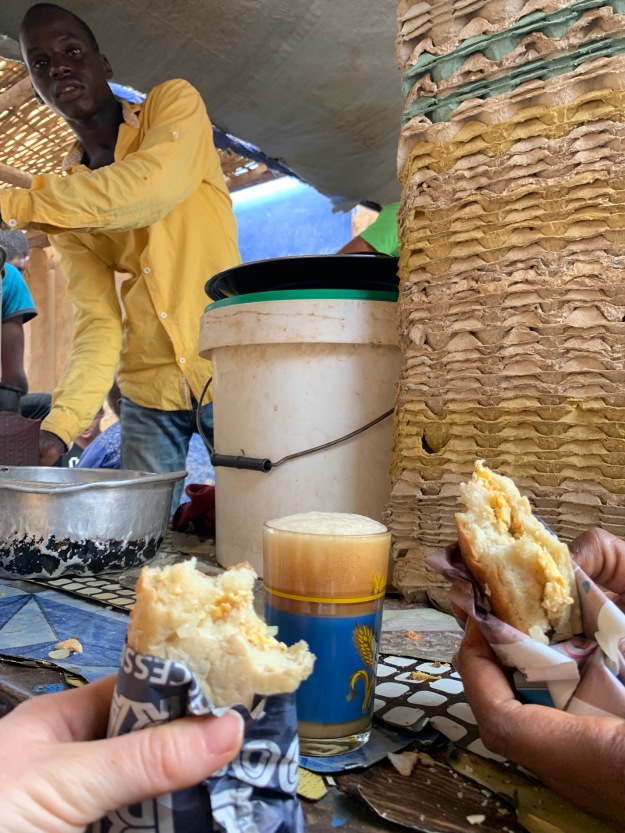
Omlette Sandwiches! And Cafe Touba
Suka Naayo – Baaba Maal playing in the car.
The road is long, but fast. Eventually we get close enough that we have to decide whether to eat lunch in Ourossogui or press on until we arrive. We decide to push it until my village. However, I did not expect the state of the road to be as terrible as it was. Bassirou had warned me that they were ‘fixing the road,’ but what he should have said was, ‘they have destroyed the road and replaced it with a wide expanse of flat gravel with a series of detours that lead you into the desert with no directions on how return to the would-be road.’ This inevitably has something to do with the upcoming Presidential election in February.
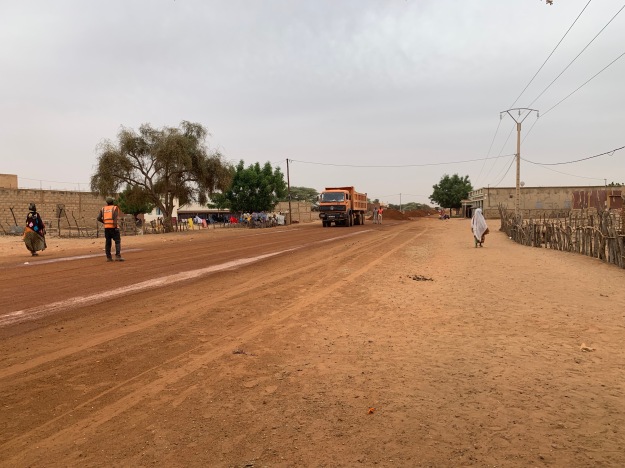
Road construction as it comes through Mbolo Aly Sidy
Exhausted, we arrived in Mbolo Aly Sidy and almost drove straight through it without noticing. I did not recognize it, for the buildings along the roadside had changed and there were many more shops than I remembered. That, along with the lack of road, it was a completely different place. My friend Guedde awaited me on the side of the road. We picked her up and she and I hugged in the back seat, both of us in disbelief that this plan had actually worked! Overjoyed to see Guedde, we discreetly unload my luggage into her house, hoping no one will arrive at the house amidst the chaos of the private car parked in the lawn. All I want is to eat some delicious rice and meat, I’m famished at this point. She helps me to wrap myself up in a beautiful green piece of fabric, spinning me and draping the fabric around my face.
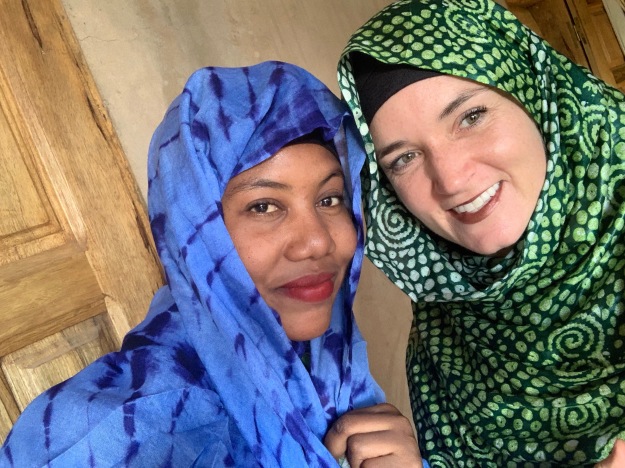
Guedde and I
We all drive over to my host family’s house, the Thiam house, to complete the surprise. I walk into the compound to sounds of disbelief. “It’s COUMBA!!!!” The kids exclaim. The women, all in their respective locations – Neene (my mother) Kadja and Gogol (aunt) Faty on the plastic woven mat near the shade structure, Gogol Djeyneba running around as always, Gogol Hawa on her wooden bed outside her window, and Gogol Maymouna on her bed outside of her building’s front door. They all rise, one at a time, as if in a dream. I reach Neene Kadja first and she wraps me in her embrace, laughing and repeating my name. Not knowing what to say, or having anything to say, I burst out laughing, quickly turning into tears of joy. Kadja doesn’t let go, feeling as if she does, I will disappear and she will awake from this dream. The other mothers have reached us by this time, each embracing me in turn, expressing their disbelief that I have returned. This is what this entire trip was for; this moment. And it is as sweet as I could have imagined. The gratitude in their eyes is worth a thousand airplane tickets. The house is the same, yet different. There is a new open concrete shade structure in the center and fresh paint adds to the brightness that always fills the courtyard. My heart full, I feel as if this could still quite possibly be a dream. As my exhaustion begins to hit, the village children screaming outside the compound remind me that I can retreat into the safety of Guedde’s house as we all prepare for the evening’s celebrations. My family is confused as to why I am not staying with them, but Guedde and Dika conduct the explanations for me as I promise to see them later at the mosque and again tomorrow (and every day that I am here, although they don’t know how long that may be).
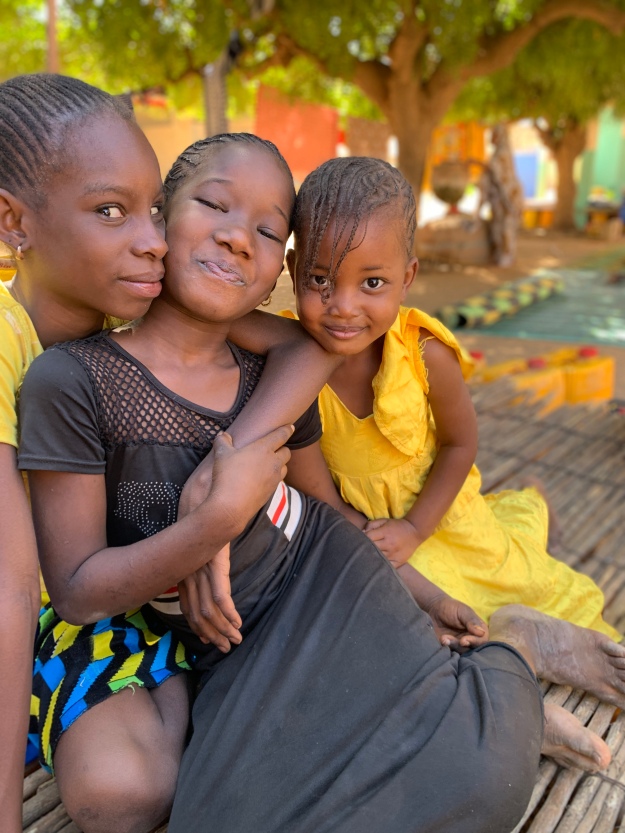
The ladies of the Thiam house
That evening, we relax at Guedde’s house, and my Tokara (namesake) Coumba Demba Anne arrives to spend the evening with us. She is the most amazing conversationalist (there is even a word for that in Pulaar), and her presence commands the attention of everyone within earshot, her points always honest and valid, yet shocking and sometimes risqué, as she says the things everyone thinks, yet fears to express out loud. I am in awe of the way in which she speaks, wishing I had a recording device in order to listen back to the way she captivated the ears of the compound enwrapped in her stories. I, however, curled up on the foam mat next to Guedde making tea, began to drift in and out of sleep.
Later that night, we all gathered our blankets and walked to the mosque for the Maouloud celebration, alive with the chanting of men young and old. The chanting rang through the speakers as the floodlights illuminated from the front of the mosque. Through the speakers, one could tell that one or two men held the microphones, but surrounding them were many more voices echoing their words. The men filled the walled courtyard around the mosque, entering and exiting the building with purpose. A group stoked the fire under the huge steaming pot of coffee, another group nearby tended to a similar pot full of strong green tea and sugar. They delivered the coffee and tea to the women spread out around the front and sides of the mosque, sitting on their blankets, covered from the waist up with large shawls and scarves, rocking back and forth to the melodic chanting. Occasionally, the chanting became loud, the intensity increasing. The power evoked a sense of awakening that wafted over the crowd like a wave, and like the tidal surge, the women began to rise, starting with those closest to the front. As they stood, the white scarves created whitecaps on the rush of energy surging backwards as the lights appeared to increase in brightness – reflecting off of the hundreds of female heads and shoulders enwrapped in revelation.
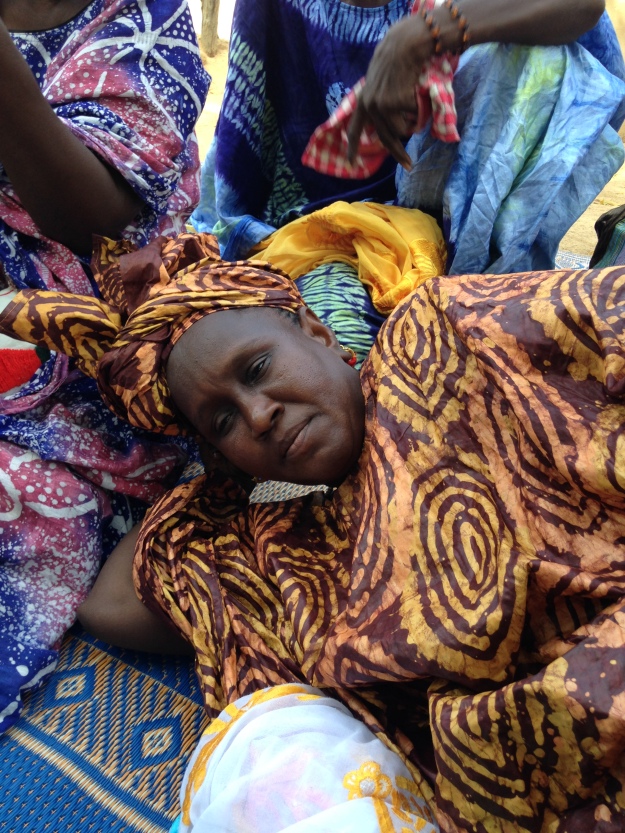
2013, Gogol Faty
Flashback to December 2013… My first Mauloud… I had no idea what to expect. I had had very little explained to me about this holiday other than: “It will be so ‘welli’ (great/delicious)”. They had described dancing and singing and lots of snapping of fingers. They had described endless coffee and tea (and I expected snacks as well to go with these…?). They described a night full of fun and excitement… or so I thought. Granted, I had been in country for 3 months at this point, only two of those months including exposure to this new Pulaar language. There was inevitably going to be a lot lost in translation. I pictured holidays in America, full of fun and friends and family. I pictured parties and gatherings. I had experienced Tabaski and Tamxarit at this point – both holidays involving feasting and evening visits to the houses of family and friends. Tamxarit actually resembled a form of cross-dressing Halloween, full of excitement and debauchery (very tame debauchery, mind you). So the description, as I had understood it, made me very excited, anticipation for the holiday keeping me awake as the rest of the house rested prior to heading to the mosque. I felt as if we would be late, nervously awaiting the movement of the women from my house, hoping we weren’t missing the action. Finally the moment arrived and we headed to the shade structure facing the mosque. Most of the village – if not all – surrounded the golden building. I shared a blanket with Gogol Maymouna, listening to the repetitive chanting, wondering what it meant and when it would stop. We sat for hours. I entertained myself by straining my neck to see what was going on closer to the mosque. I couldn’t see much and it appeared not much was actually happening. No coffee or tea made it back to us and the temperature began to drop. I had on my new green dress and a lime green shawl wrapped around me. I wrapped it tighter as I began to shiver. After standing up and sitting down a few times, I began to think, “it must be getting close… whatever it was that was going to be so ‘welli’ must be about to happen. My phone clock said 4am. I laid down next to Gogol Maymouna, hoping her warmth would radiate towards me. I tried very hard not to move, shocked that I could actually feel so cold after the past few months of stifling heat. Whenever the excitement was to happen, I’m sure I would know it, and I would be awake for it. I didn’t want to miss it. A haze of light began to emerge as the sun began to inch towards the horizon. Sunrise was upon us. Gogol Maymouna began to stand, nudging me to get off the blanket so we could fold it and go home. I jerked awake… Did I miss it?? “Let’s go home,” Gogol Maymouna announced, “wasn’t that ‘welli’?” “Yes,” I said, “so ‘welli’.” Still confused as to whether or not I had missed something, I groggily gathered my phone and readjusted my shawl as we all shuffled back to our houses, parting words exchanged as groups entered their doorways as we passed each house as if in a dream. I remember thinking, that was the strangest holiday I have ever experienced… I think I will skip this event next year.
…And here I am years later, enjoying every chilly second of it.
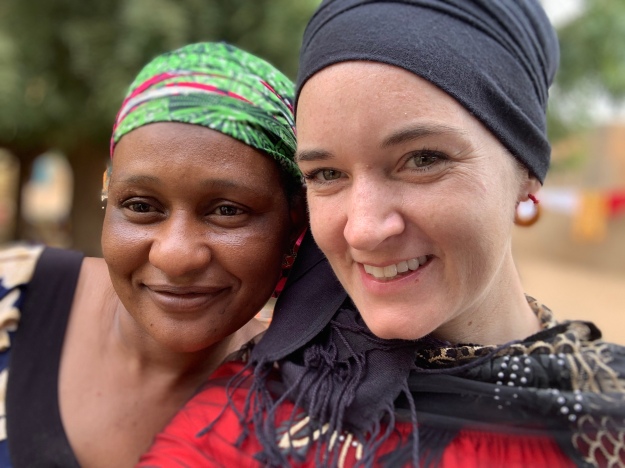
Kadja Basse, Binta’s mother
The rest of the visit in Mbolo Aly Sidy went by in a blur. Every day involved a visit to my host family’s house, wandering through the village, I greeted old friends and kids that had grown up while I was gone. I had called Sharif, my tailor, a few months ago, hoping he could make clothes for me in time for my arrival. I made up an elaborate story as to not give away the secret. Here is what I told him: “A Peace Corps volunteer is going to be traveling through the Fouta on her way to Ourossogui. She’s going to pick up the clothes from you on the road as she passes through the village, so have them ready so you can hand them to her. She will be there on X date (the date I was to arrive). Make sure they are ready for her when she passes through. I will send you the money now so you can buy the fabrics.” Fool-proof plan, right? Wrong. But it did succeed in confusing the heck out of him. By the time I left, I did have three new outfits though – one American style dress and two complets (matching top and skirt outfits).
Friends came to visit from other villages and spent the day with me. I went for my morning runs every morning, just like I used to. I surprised my bread baker in the mornings after my runs and chatted with him and the customers as they arrived in his shop.
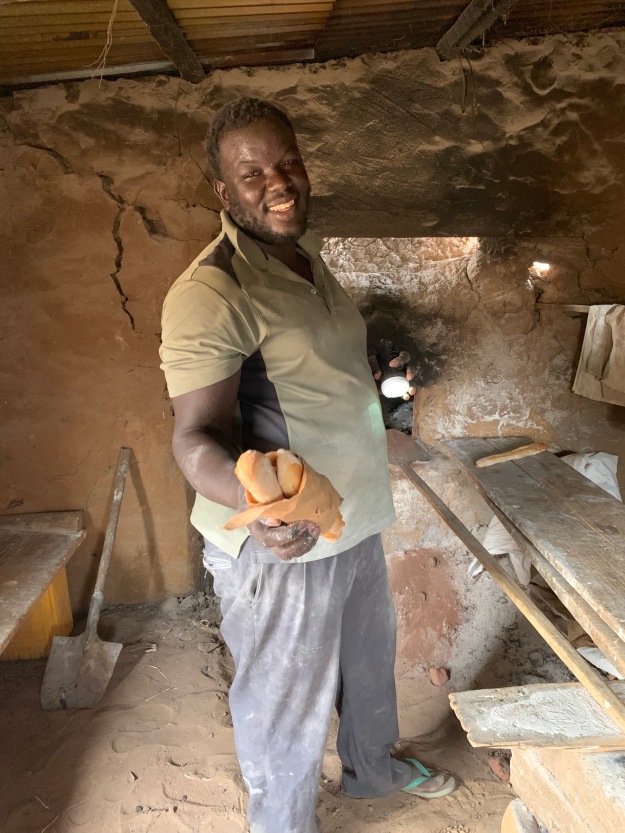
Ada Gueye, professional baker, professional wrestling commentator
“How many years are you here for this time?”
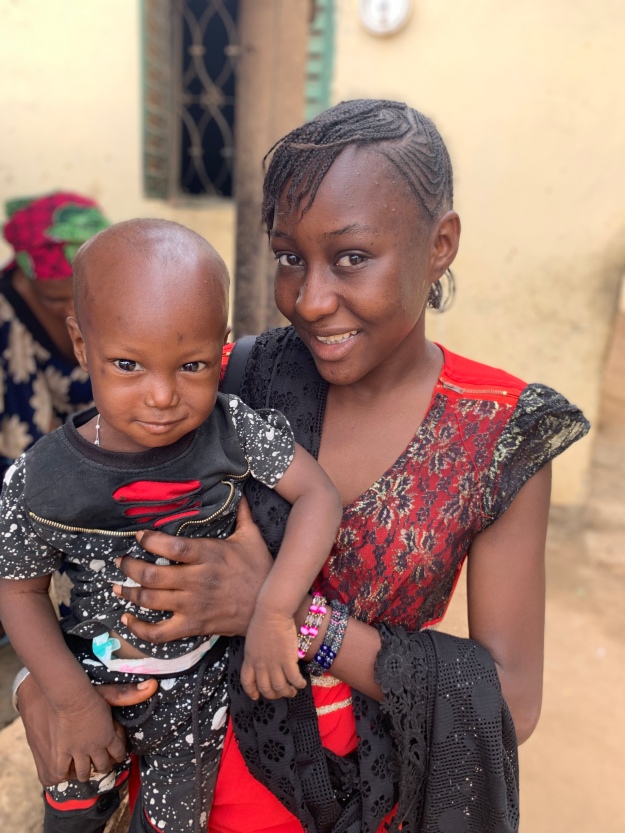
“Where have you been? Dakar this whole time?”
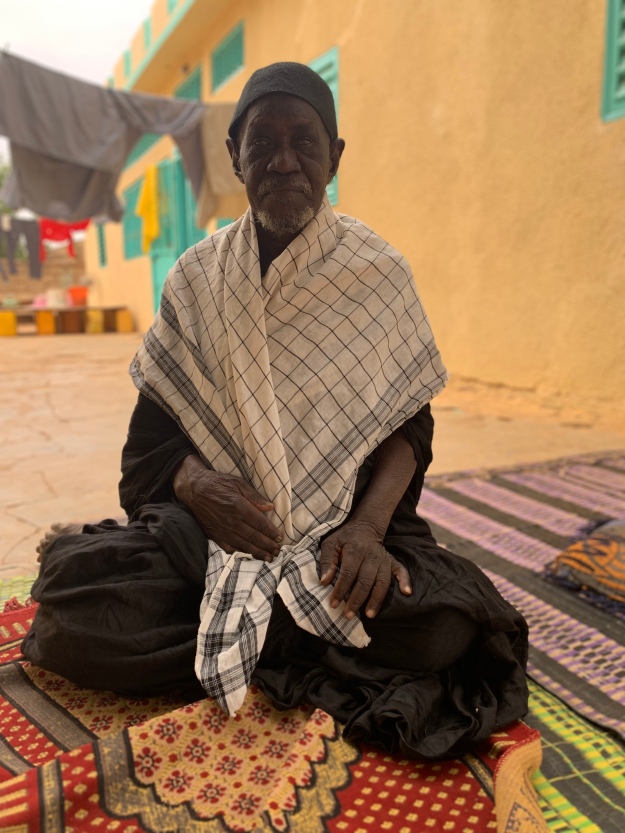
This is what 100 years old looks like.
“Where were you?” “America.” “…Mery??” (Mery – village in Mauritania)
Things I have missed:
The sound of a bird walking on the tin roof
High fives every time something funny is said or a good point has been made
Greetings – endless greetings, the repetition melodic
The donkeys. Those freaking donkeys. And the cows…
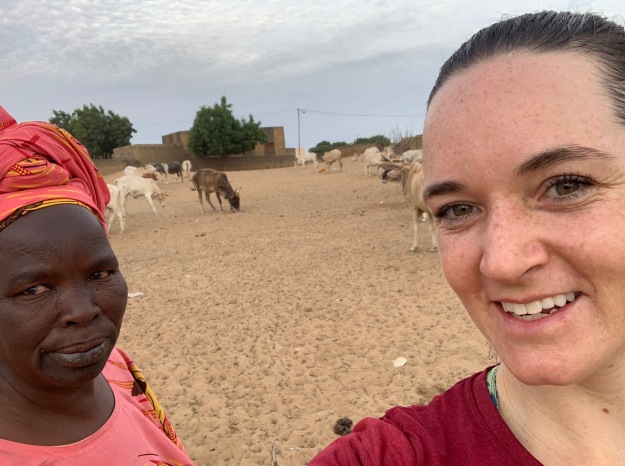
Gogol Houleye wants everyone to know these are her cows. And that they are for sale.
The best night of the visit proceeded like this…
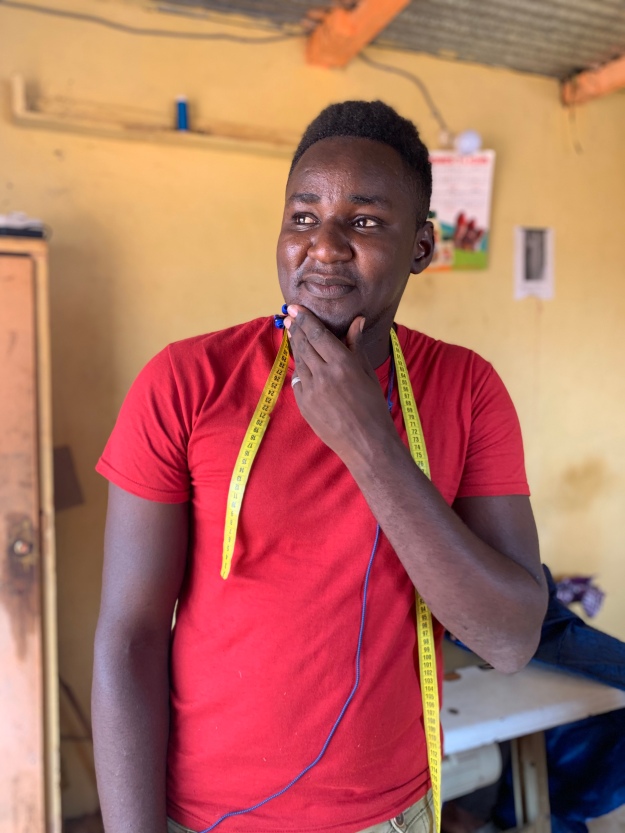
Sharif my tailer, classy as always
Stopped by Galle Sy Siibe (the house of the Sy family) to hang out with Serif and his extended family. He had picked up my clothes from his tailor shop two villages over after I informed him of the brevity of my visit. He thought I would have time to go to his shop, get adjustments made, kick it, etc… But luckily, the clothes fit perfectly, as he had never forgotten my measurements and I have not changed since last outfit. I lay in bed with Faty (his cousin and now wife) and Binta (his cousin and sister-in-law) looking at photos on my phone, explaining what I could about places they would never know. While Serif prayed… the wuulis (suitcase serving as a dresser) fell on him as he bowed in prayer, just as he had warned could happen because it was very unstable. We stifled our hysterical laughter as he continued to pray. When he finished he addressed me: “Coumba, what did I tell you last night?!? This wuulis is unstable, it should have never been arranged like this!” We laughed and laughed and laughed as he proceeded to tear the room apart and rearranged the baggage against the wall. Faty offered to help but he playfully said No! You clearly cannot arrange baggage well so I have to do it for you!
Still giggling, I left their house and headed for my (Thiam) house. I came to tell them that I had decided to leave a day later than expected. I had changed my program. I wasn’t ready to leave just yet. They were about to eat dinner (carrow – a porridge similar to tapioca pudding) so I ate with them but only a little because I knew I had vermicelli waiting for me when I returned to Guede’s. Gogol Maymouna was not happy about how little I ate and made a fuss that I didn’t eat dinner there. “You didn’t eat at all,” she said displeased. “I ate, really, I’m good.” I said, casually making excuses as I left out the door nearest to her, wishing them goodnight, happy to be able to see them again one more day.
I took the shortcut through the house of Baaba Mamoudou Sy where my friends Houley and Djeyneba live. They were cooking rice for dinner. “Rice for dinner?” I exclaimed. They laughed at me. “Give me some of the ‘coine’ (rice stuck to the bottom of the pot)!” Houley scraped out the bottom of the pot for me as Issa, her husband, came over to greet me. As we chatted, Houley handed me a huge bowl of coine as she finished plating the bowls of rice to deliver to the different groups in the house. I exclaimed, “I don’t eat rice at night but I do eat coine!” They all fell apart laughing. Issa explained that it’s the coine that gave birth to rice. It’s the coine that cooks the rice because it is on the bottom. I ate a few spoonfuls and then hurriedly made excuses to leave. That, no I’m sorry, I couldn’t spend the evening there hanging out with them, that I had guests waiting for me at my house.
Guede called my phone to see if I was coming soon. I told her I was on the road, which was true, but I still had to stop at Coumba Demba’s house to inform her of my travel plans for the day after tomorrow instead of tomorrow, which I did quickly. She then walked me to where the road meets the trail to Guede’s house and left me there to attend to whatever guests were at the house.
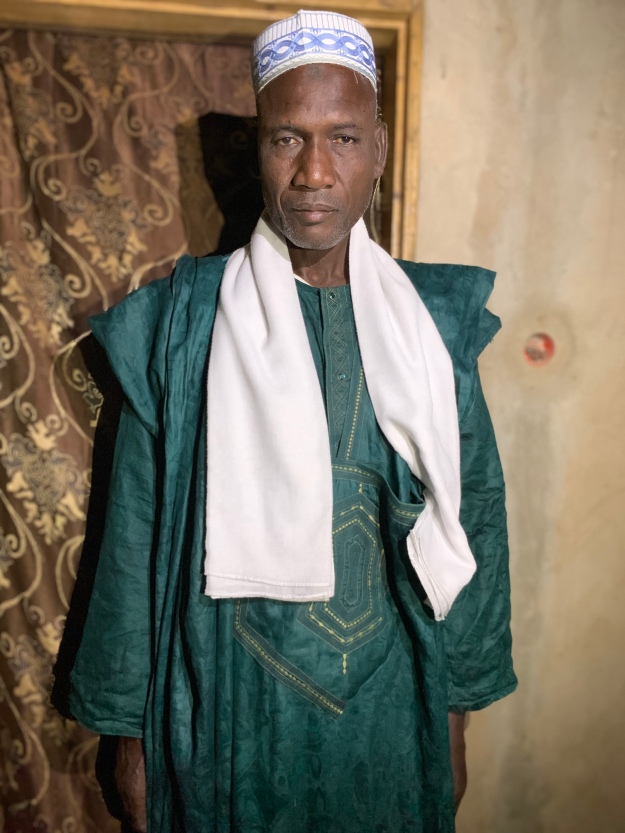
Baaba Adama Anne, Guedde’s father and my new adopted host father. One of the kindest men I have met.
I apparently had missed the fact that a large part of why these guests had come over to Guedde’s house was for me. I knew people were coming over but I assumed it was just family – people from Acé’s (Guedde’s grandmother’s) house, but when I arrived, they all exclaimed, “You, Coumba, you took way too long!” “You’re so right, I took a very long time. I’m sorry.” They had been waiting for me to eat dinner… oops! I set down my things inside and we began to eat; the women and children at one bowl and the men at the other. There was a relatively large group of men, 6 or 7 of them that evening. In the dark, I couldn’t yet recognize them. One of them began asking me about marriage, of course, the topic as entertaining as it is inevitable. I pretended I couldn’t hear/understand him, yelling “What?! I can’t hear! Sorry!” So he said, ok when you’re done eating we will talk about how you need to marry this young man sitting next to me. “In that case, I’m never going to finish eating” I said. Everyone laughed. I ate very slowly but I ate a lot! The vermicelli and meat with onion sauce was so delicious, I regretted all of the food I had eaten at the other houses en route home. They finished eating and haggled me to finish faster, to which I replied I would never be finished. I was working on eating all of the dinners in the Fouta that night, I informed them, to which they almost died laughing.
Finally finished, I sat myself down right in the middle of them (not at all socially acceptable to do, but this is Coumba and this is what she is doing) and we began chatting.
The conversation that ensued was one of the funniest conversations I have ever been a part of the entire time in Senegal. My friend Sire’s father, who usually lives in Dakar so I have never previously met him, was the ringleader of the group. Sire himself has a huge personality, becoming well-known and successful in creating comedy skits on YouTube. His personality pales to that of his father, I quickly learn. His father (I have forgotten his name, so I will proceed to call him Sire’s father) decrees to the group that his entire goal in life is to own a donkey that he can ride bareback to the fields to farm. This gets a raucous laugh from the men, as there is nothing lower class and more ridiculous than riding a donkey. Let alone bareback. And with his fanciest caftan outfit??? The other older man there, Souleye, I remember from when I used to live here. There was a time when he was insistent on marrying me, making me his third wife. After months of employing some of my more creatively hilarious rejections, he eventually gave up. Now, however, it appears he has thought about this subject and employs a new approach: “You know that, in America, there are many, many older women who are divorced or who have lost their husband, am I right? Those women need husbands. I’m right here! So, Coumba, since I now realize that you will never take me as your husband and you will never agree to be my third wife, you must do this for me. You must find me an older women in the United States – she doesn’t even have to be pretty – and you need to tell her about me. I am here, waiting for her. I will love her unconditionally, as long as she brings me to America. Ok?” I laugh at his new plan, but his face is serious. Oh, Souleye. More discussions about polygamy ensue and I reiterate the argument I use every time. I could never be a co-wife, as when I marry someone, I am going to want to spend as much time with them as I can. I may be selfish, but I don’t want to share. I understand the functional benefits of having another women to help cook, clean, and raise children, but I want a man who loves me and only me. Call me a hopeless romantic, but I believe this is true and I’m still single because I’m waiting for this to become a reality for me. The men being men, harmless sexual jokes followed, everyone had a good laugh at my expense, and the topic was changed. Night drew in and we walked the men to the road to see them off. Souleye turned into his compound, shouting back to me: “Don’t forget our deal, Coumba! Look out for/help me, ok?” I responded, “But what if your wives find out?” Then, from a window in the dark, one of them shouted, “We know! He has been found out!” To which we all broke down into hysteria all over again.
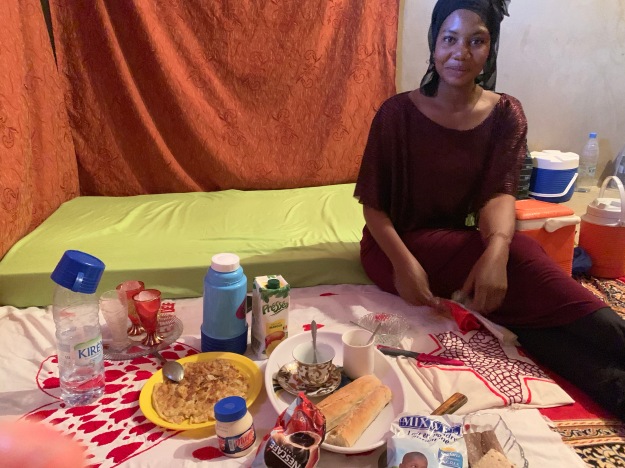
What a spread!
Every morning Guedde would outdo her breakfast from the previous day. We laid in bed for hours in the afternoons talking about plans for the future, about men, about life, about everything. Her candidness and wholehearted appreciation for me are why she will always have a special place in my heart. If I could do anything in my life, I would bring her to the United States. The things I wish I could show her… I wish she could experience… I am still searching for an avenue to make this a reality.
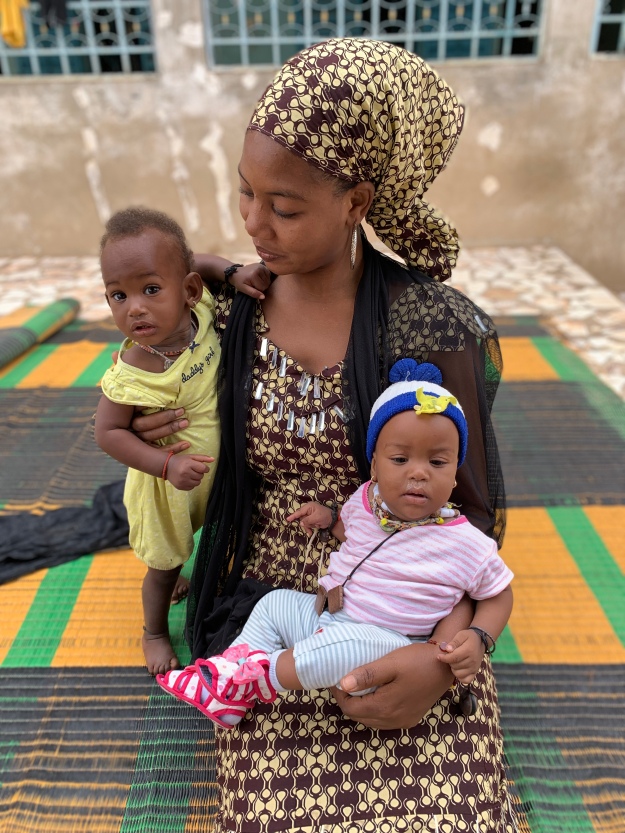
Never having children of her own, Guedde loves and cares for all children as if they were her own
Dika and I went to Mbour, a tourist town by the beach where he teaches English in private schools and adult education facilities. We explored the city at night, enjoying the attention we received – a white person in Senegalese clothing. It’s possible many of them had never seen such a sight. Busses and motorcycles almost collided due to the rubber-necked drivers, looking back in disbelief. I don’t think a second of this trip went by that I was not laughing.
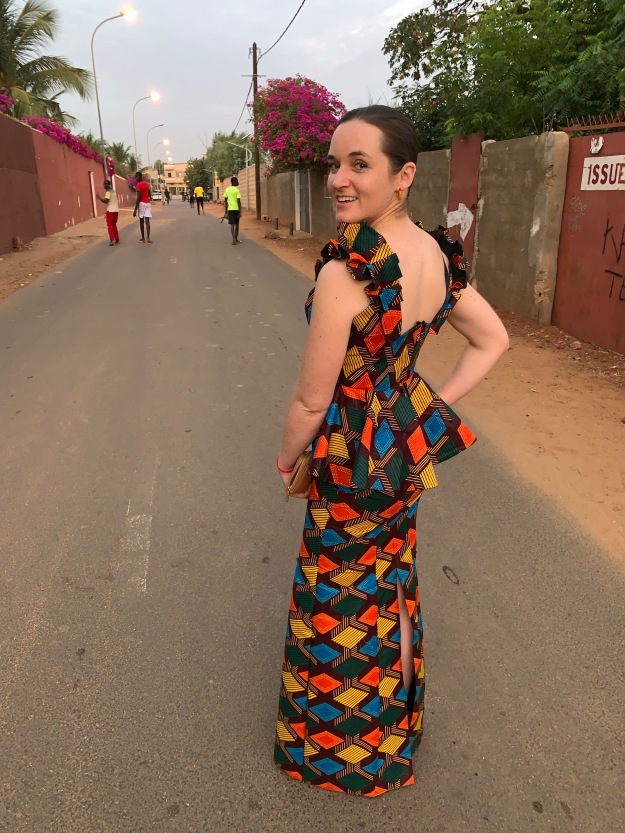
Turning heads…
To Dakar for one night before my flight. I stayed with my Sister Kadja (named after my host mother who is also her mother, having adopted both of us) who I am supporting through her college studies in the capitol. She is a very outspoken girl. She has told her entire family in the compound about my support for her studies, and they treat me as if I am royalty in demonstration of their appreciation for my contribution to their family. I am again humbled as I have been every single second of this trip. I don’t want to leave. Do I have to leave? People come to visit, having heard that I am here in Dakar. We go to the market in downtown Dakar and I tell social media that I will be there at a specified time. Friends appear who I have never even met before, some who I have only been introduced to through social media and other friends. All bring me gifts. I waltz through the fabric store as if I own the place, as I already know the prices for everything. I demand what I want (such is the Senegalese way) and we go home, Kadja and Dika carrying my winnings of the day.
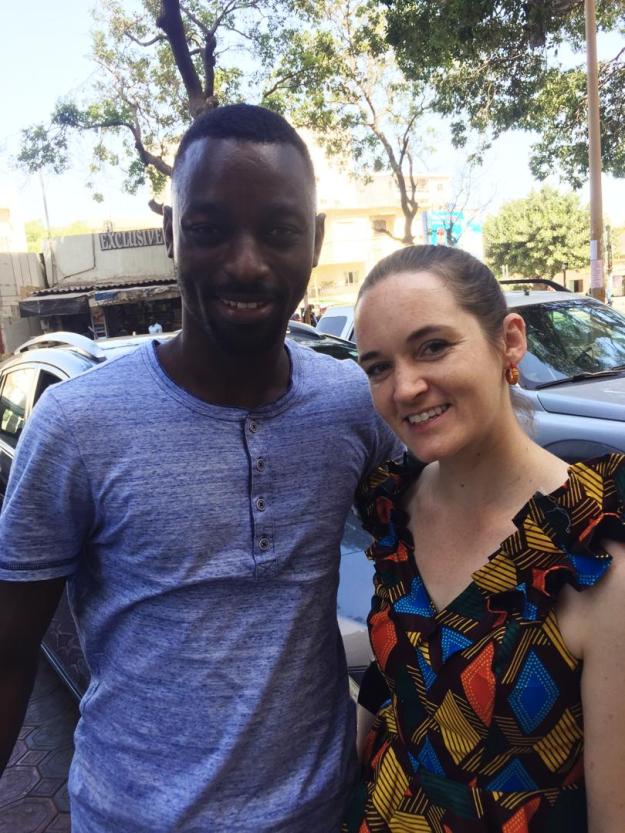
Cheikna Ly, my friend from Galoya
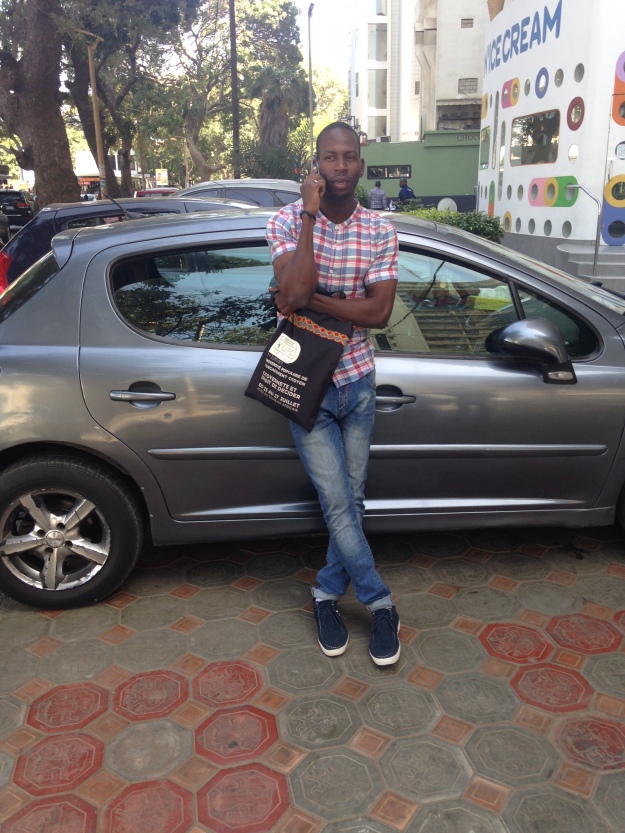
Alison Sy, a friend from Mboumba who I had never actually met in person but had been introduced through our friend Amadou came to greet me in downtown Dakar
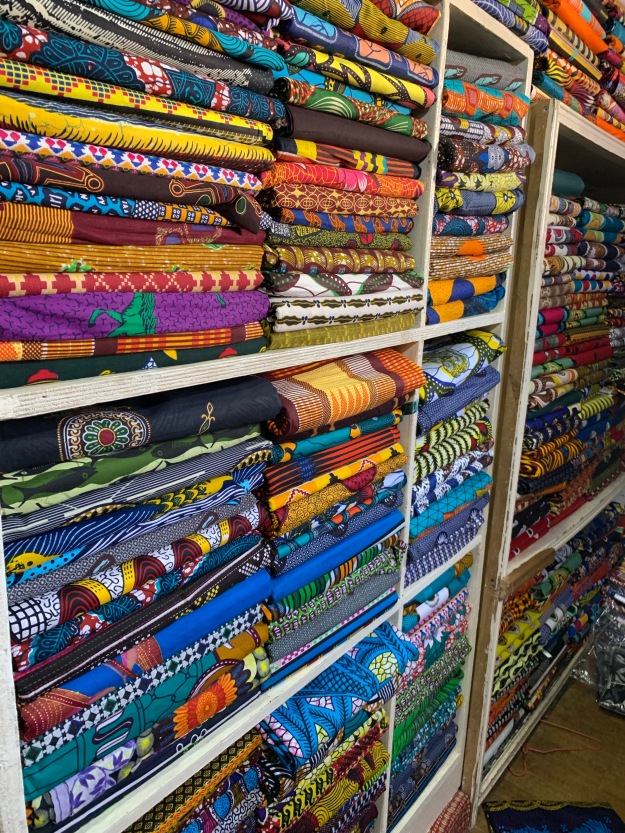
Night comes and it’s time to go to the airport. Kadja’s uncle has arranged for a car to take me to the airport. I say goodbye, but this time I know it’s not goodbye. I will be back. I will be back again as this Coumba. Not Coumba the Peace Corps volunteer. Coumba Demba Thiam, the strong, successful woman who is loved and appreciated by a community because she, alone, is enough. She, having come back, has proven that she cares. That she is a part of this community from now until eternity. No matter where she is in the world, she is connected to Senegal and to Mbolo Aly Sidy and to the fouta because of who she is. Because of who she has become. Because of who she will continue to be. She is loved.
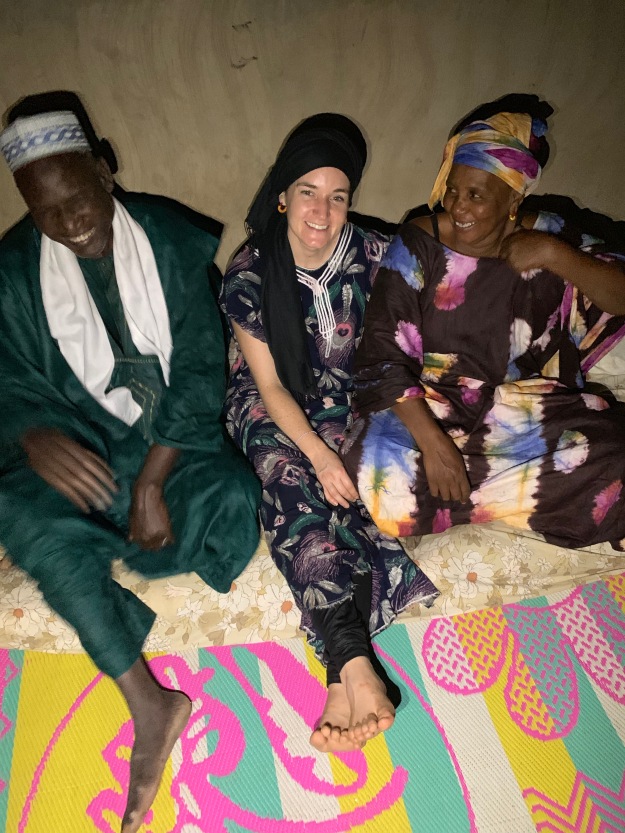
I am loved.
